|
New
Releases |
January 16, 2026
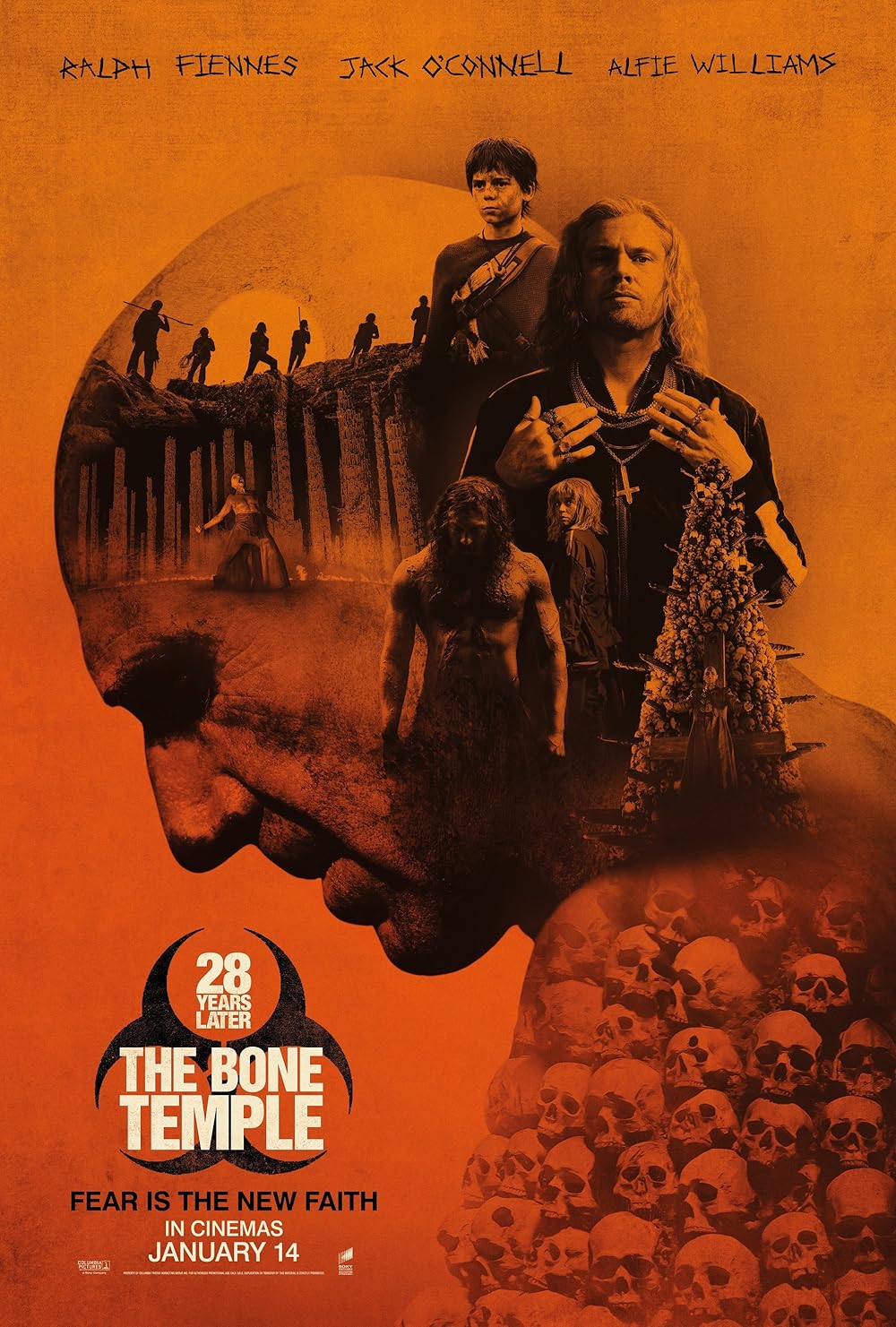
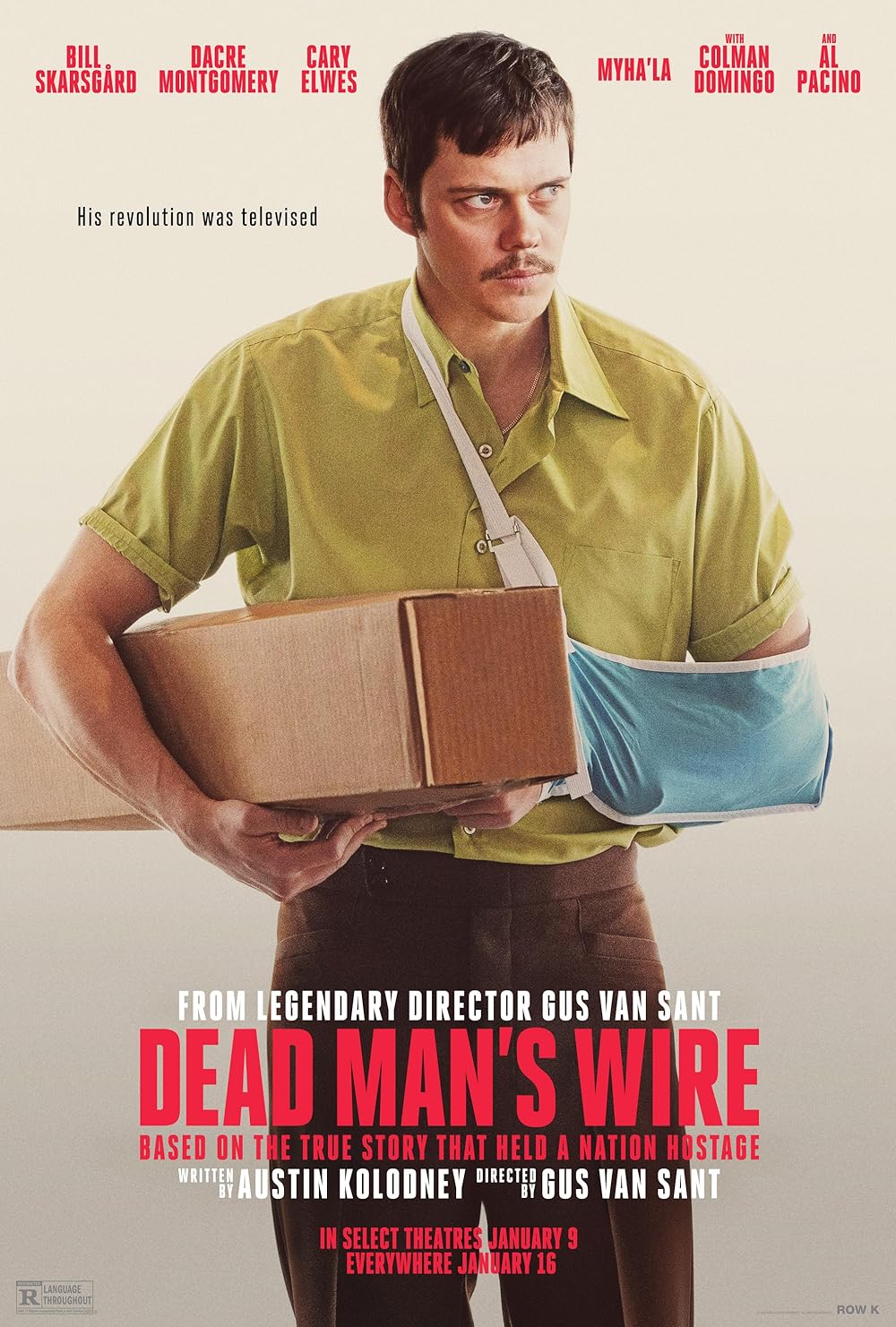
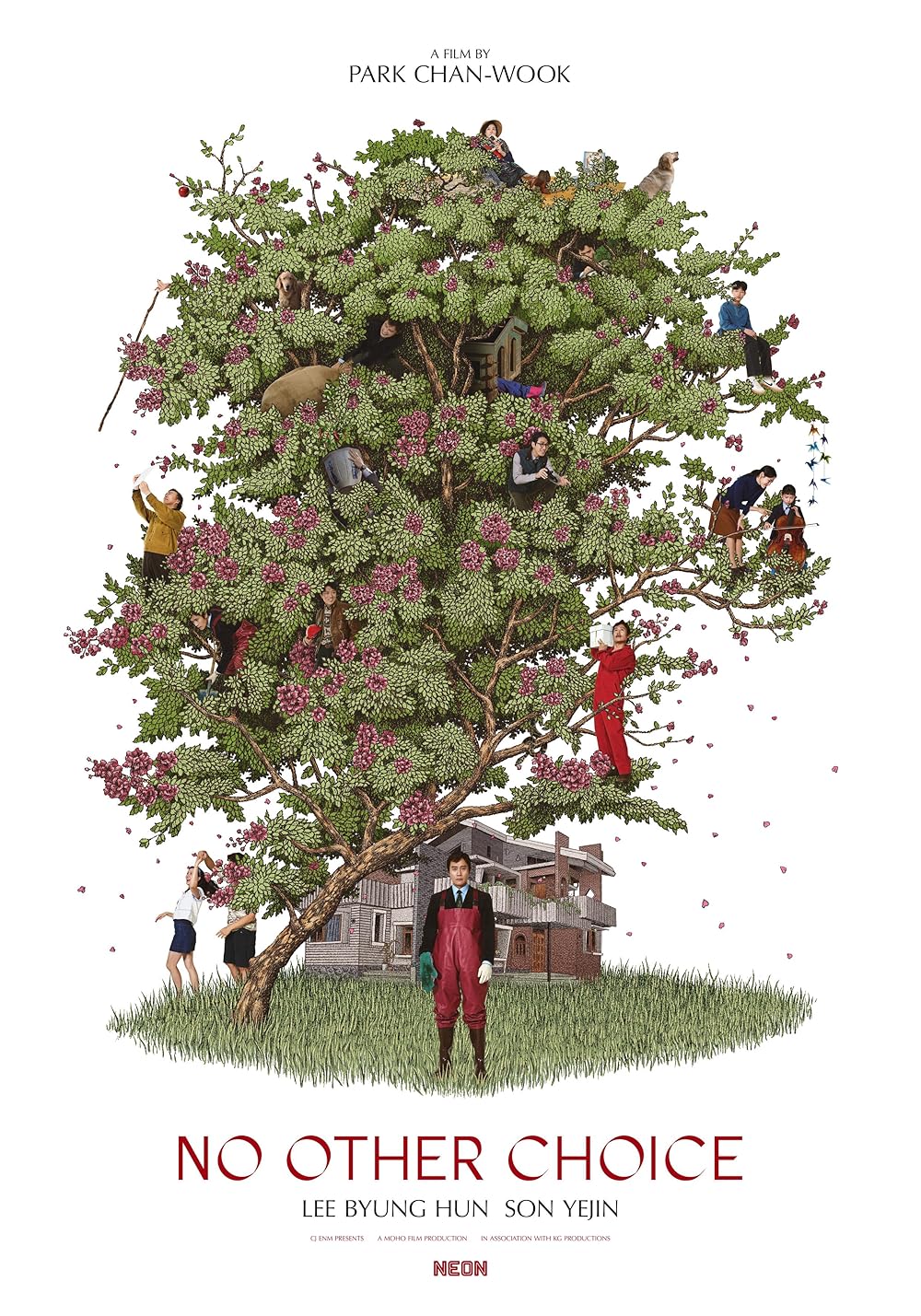
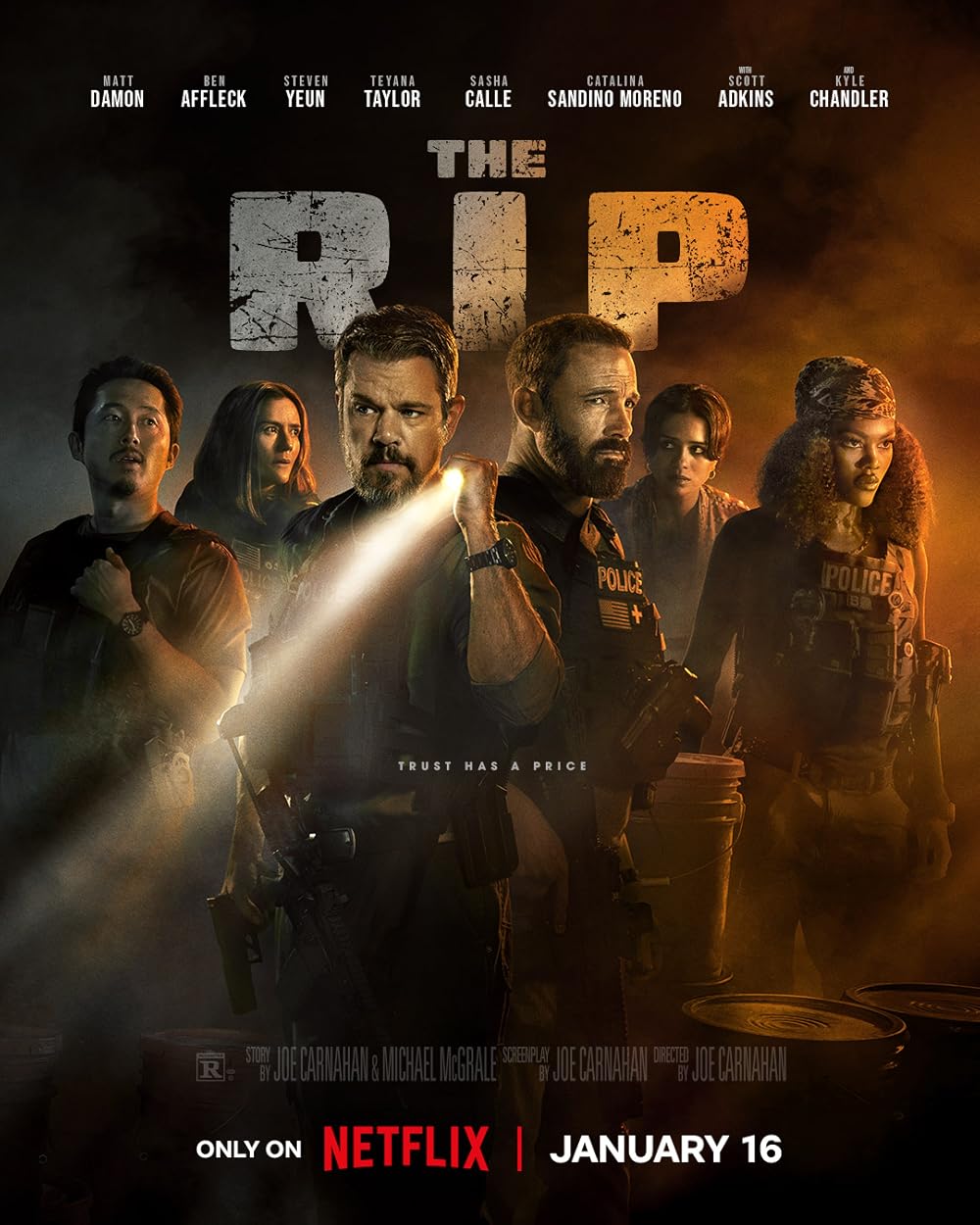 |
January 9, 2026
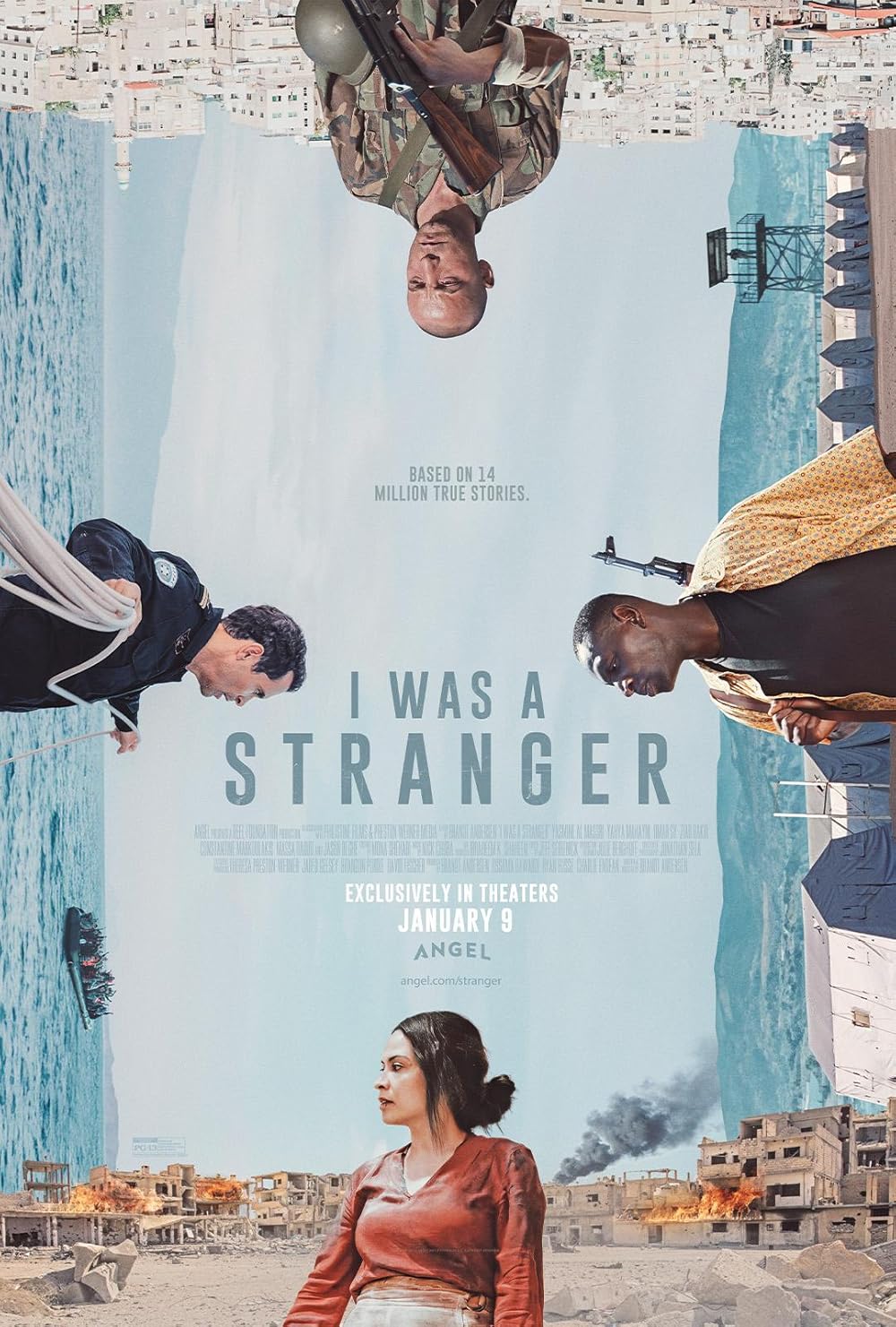
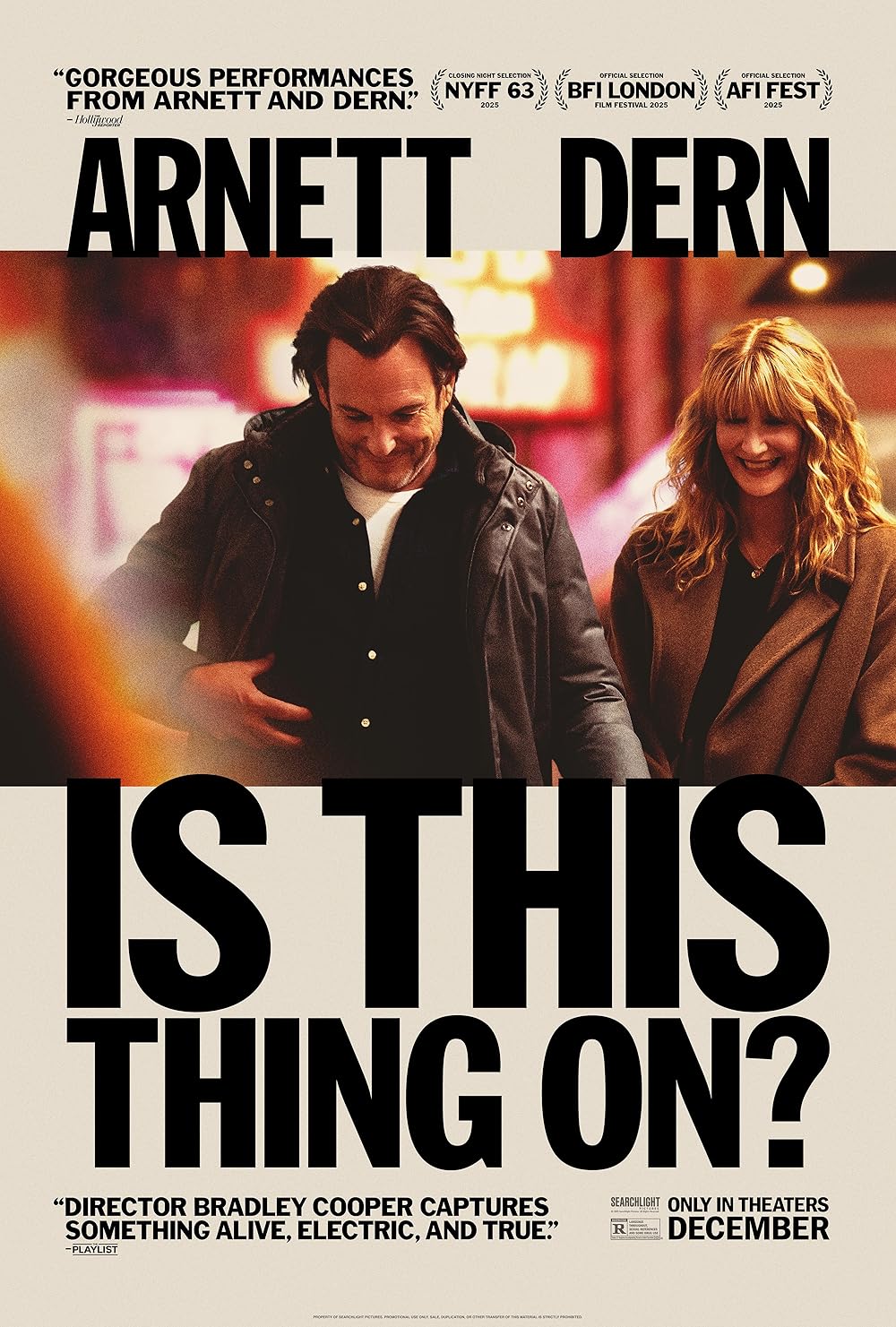 |
January 2, 2026
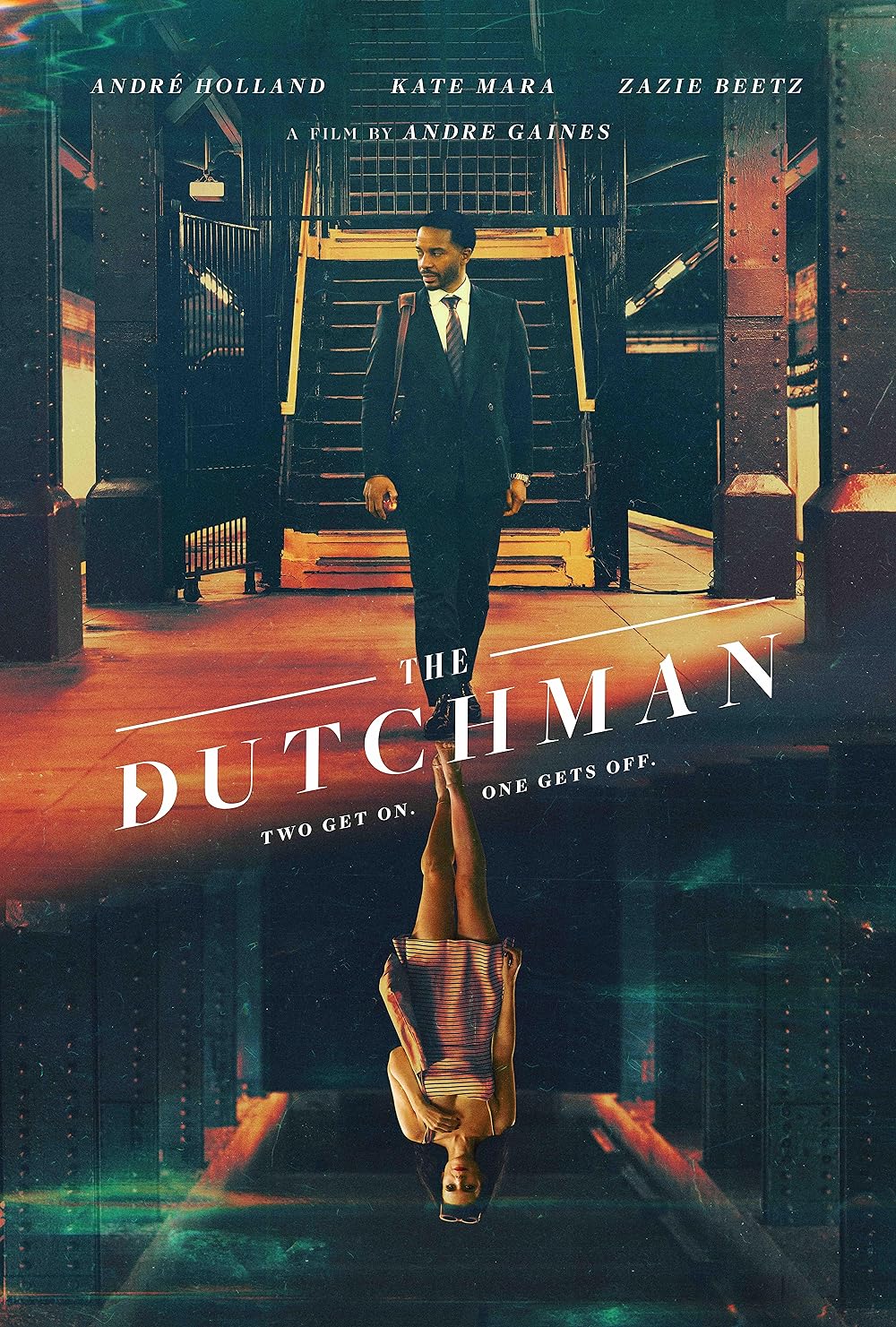
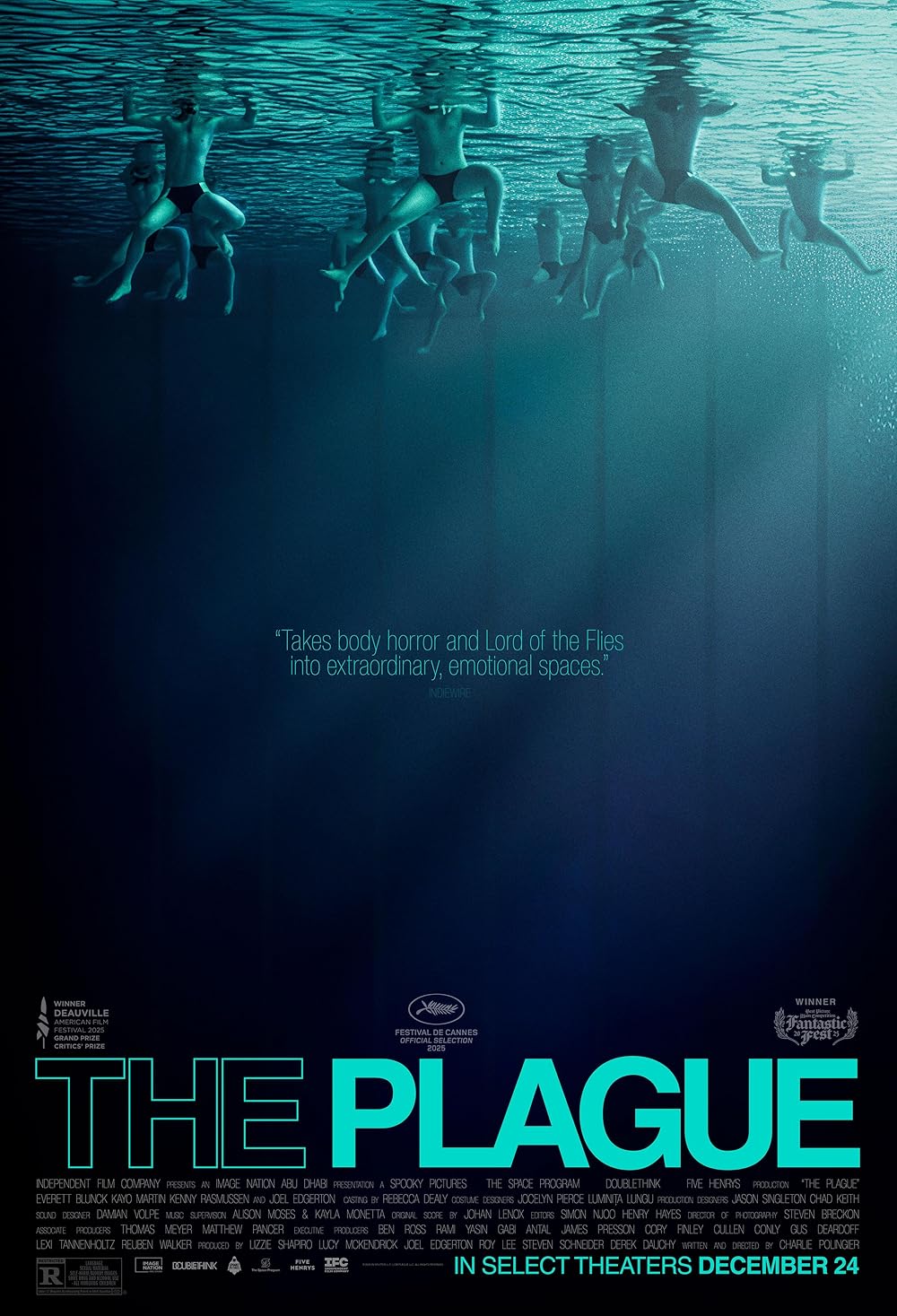
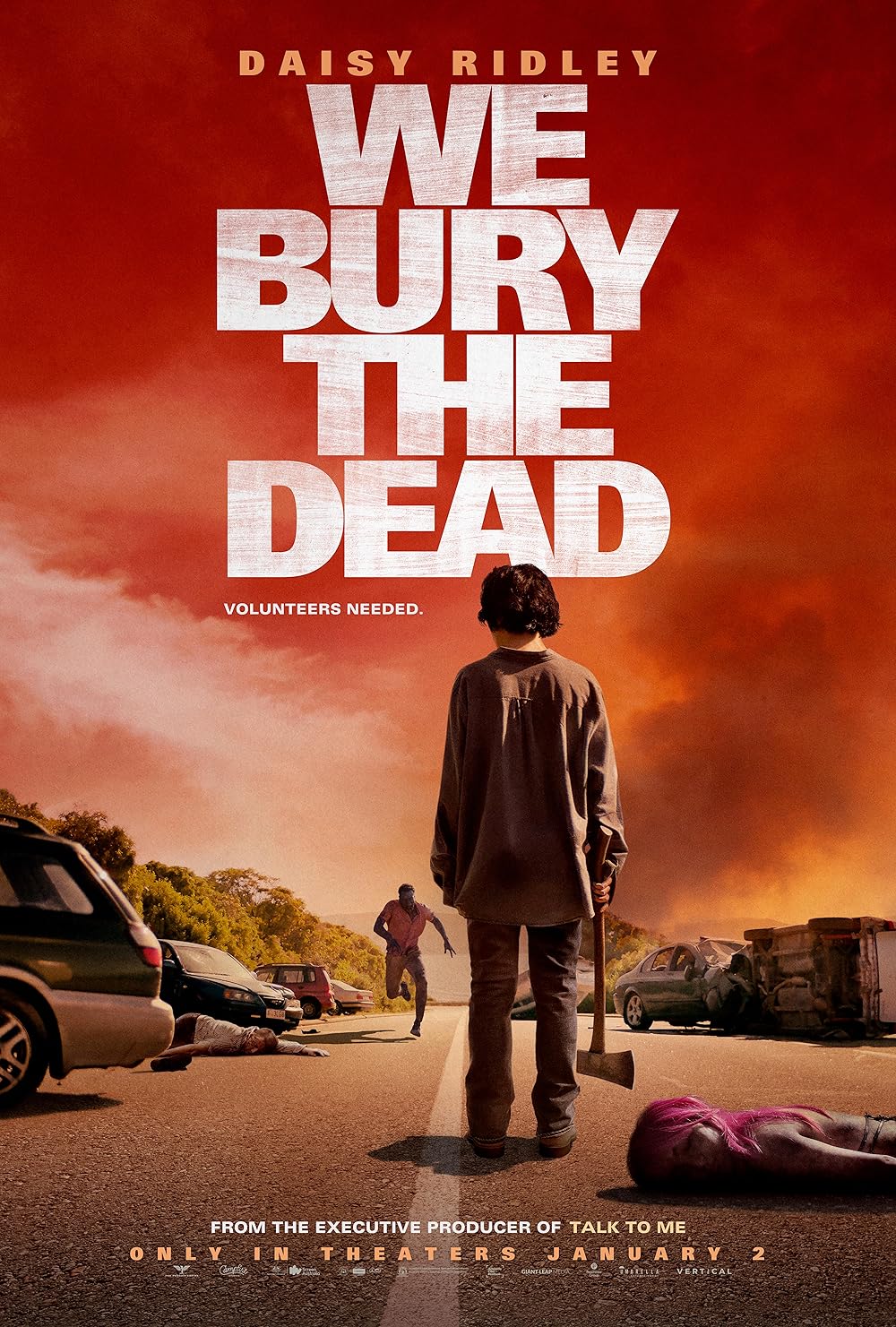 |
December 26, 2025

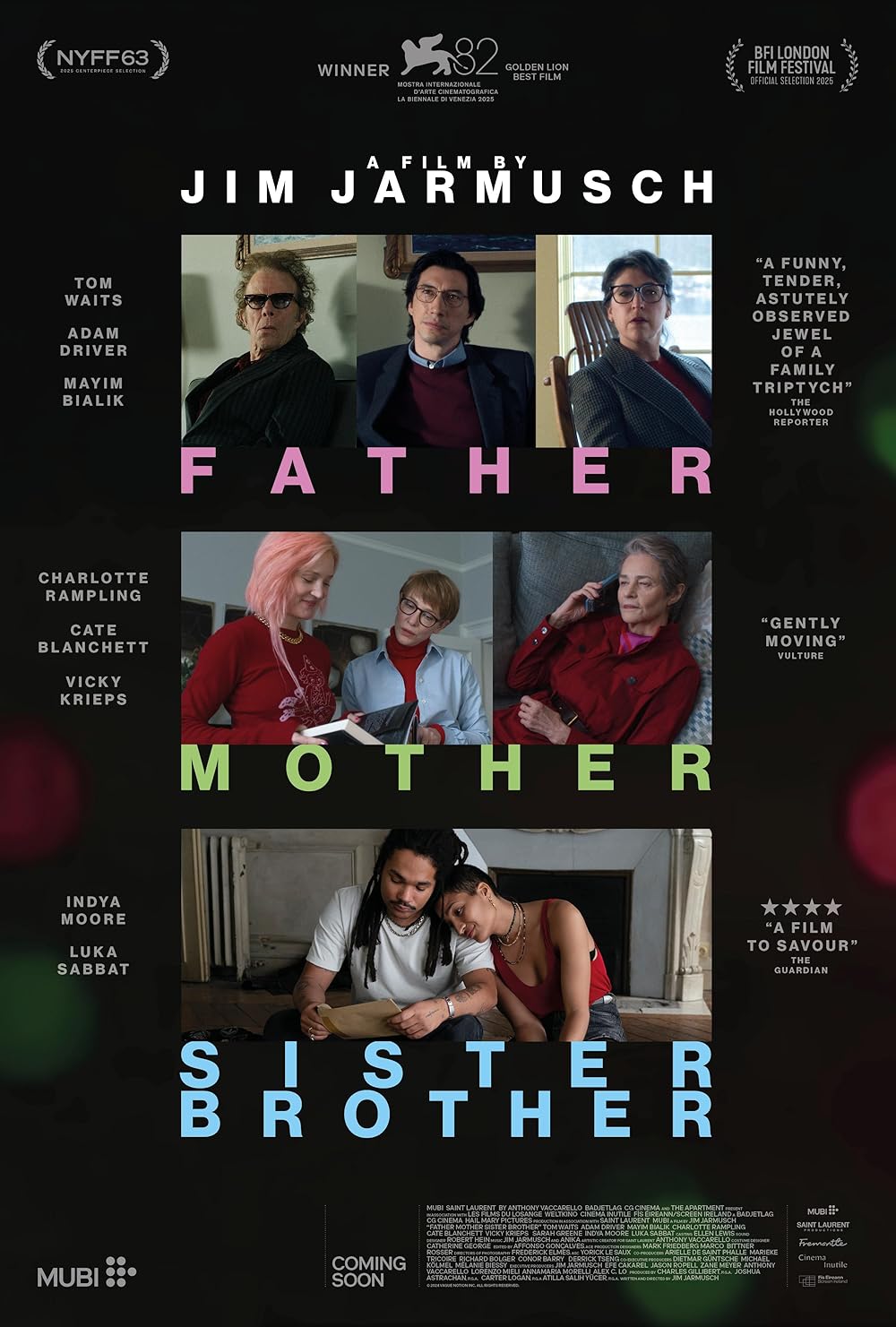
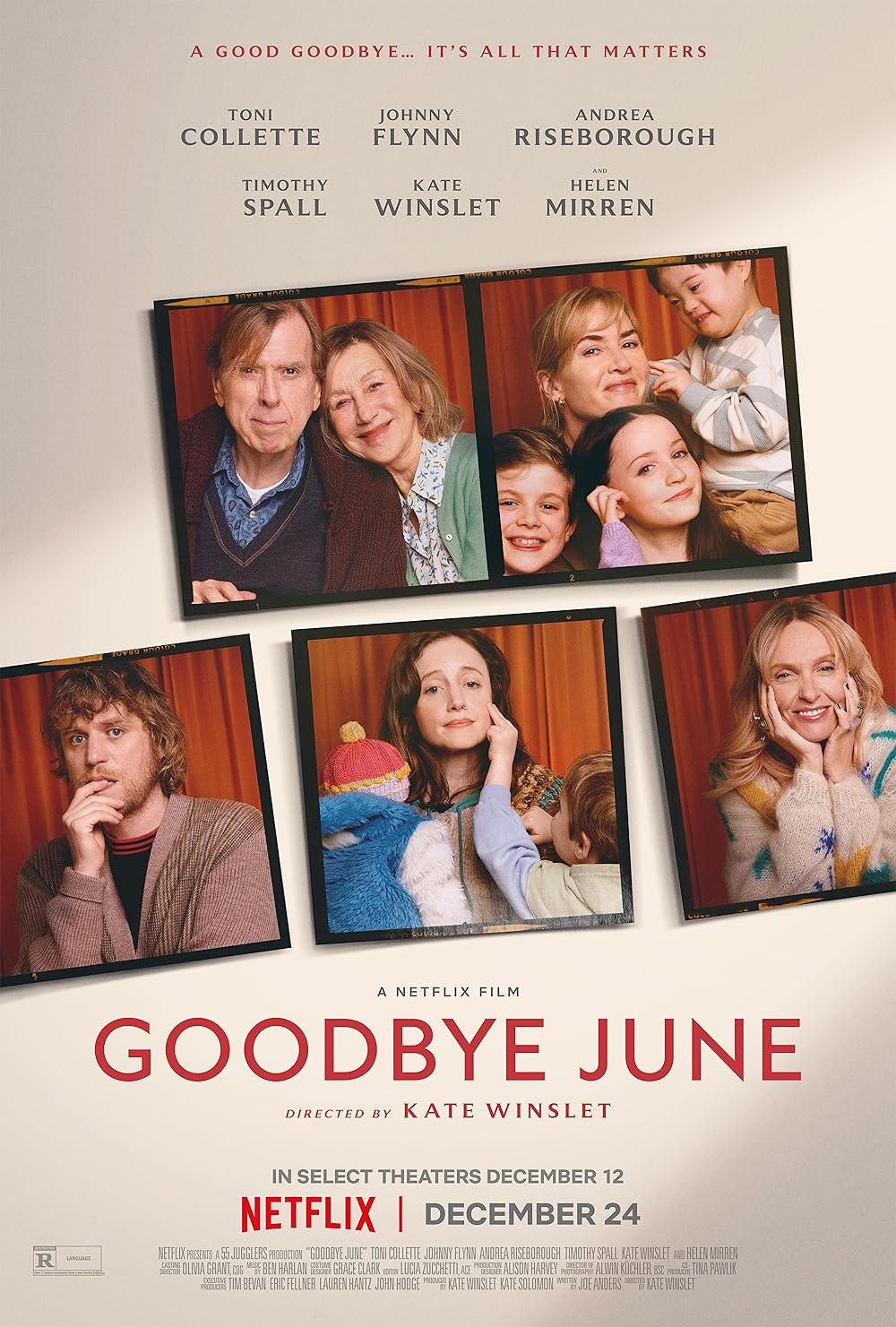
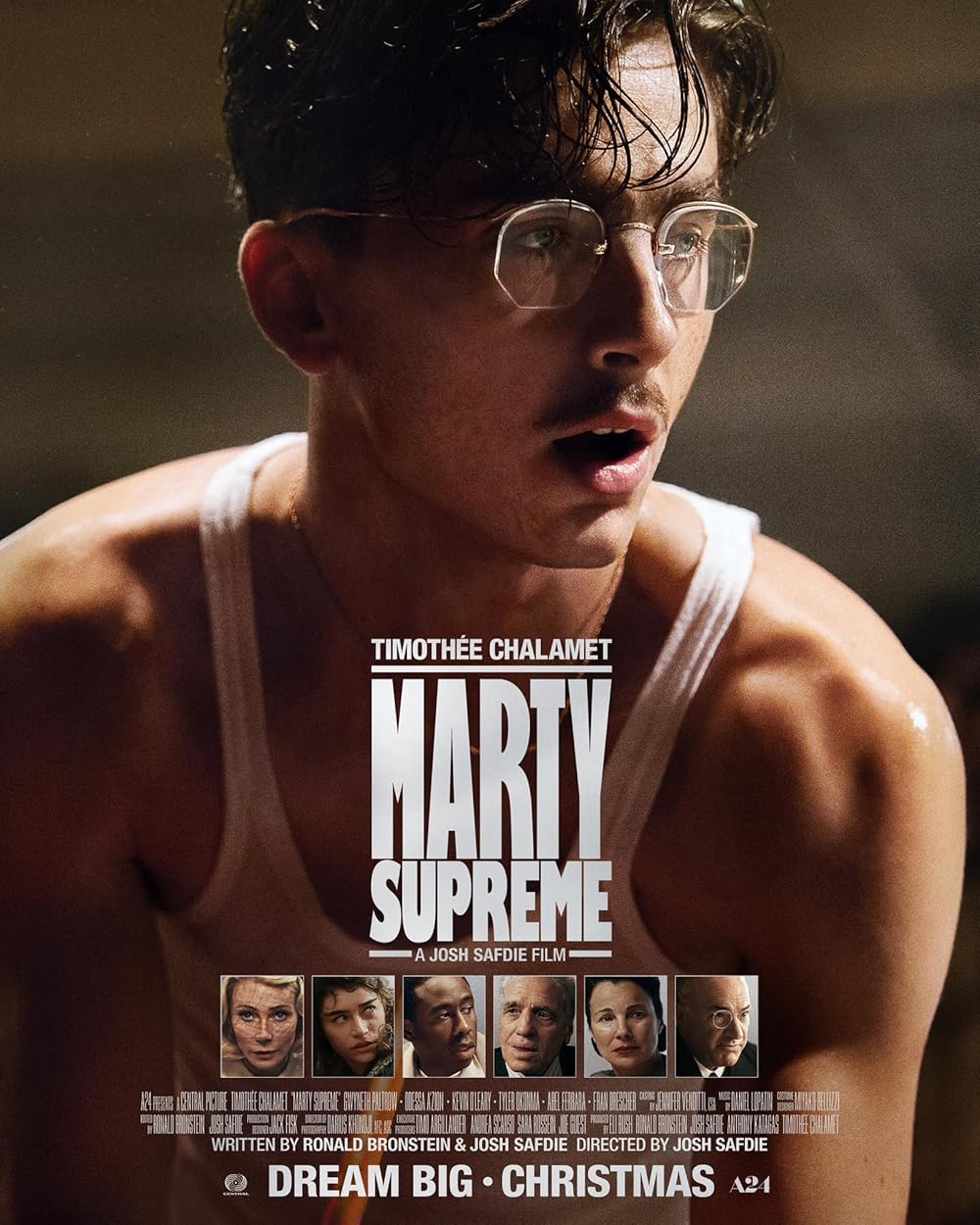
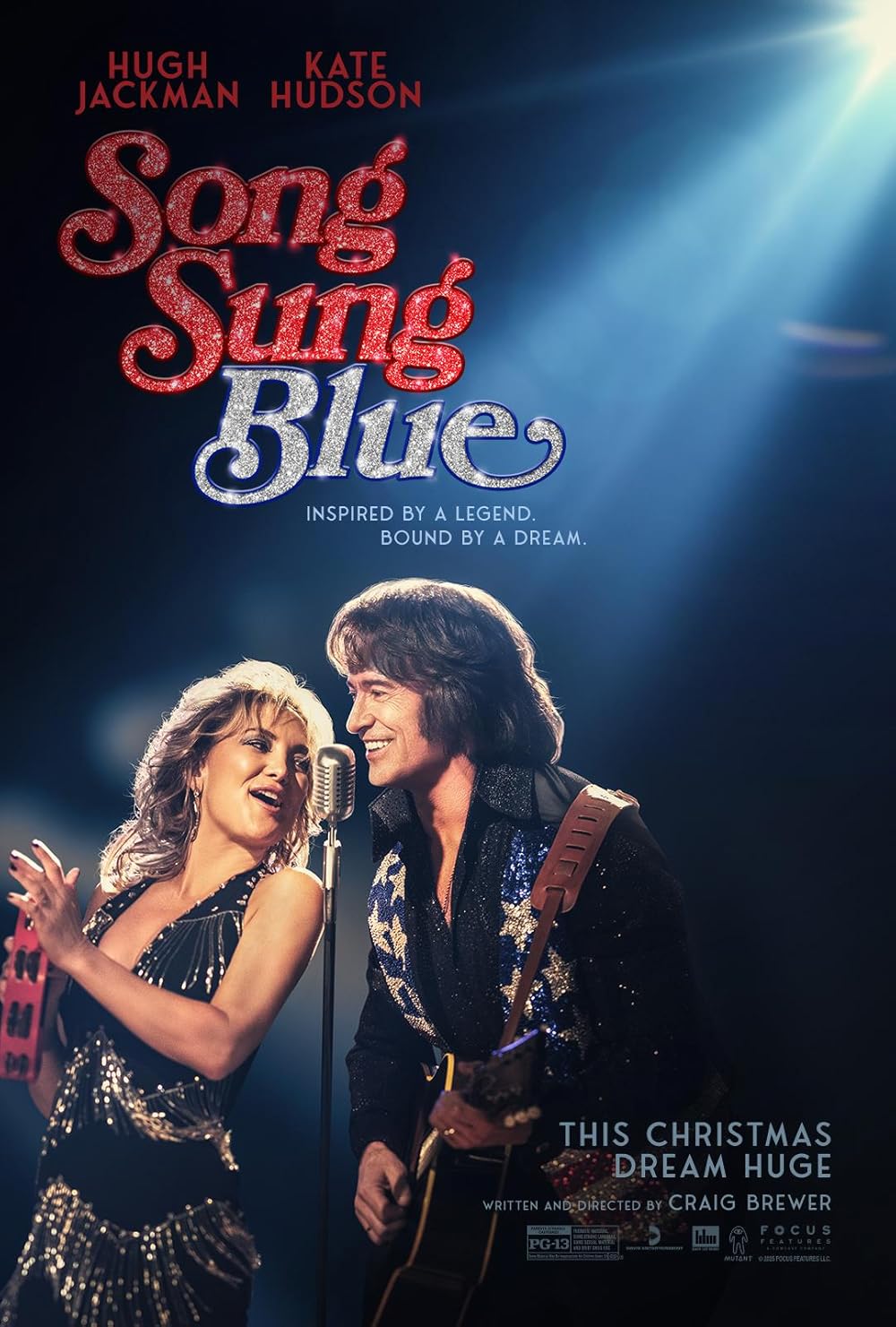
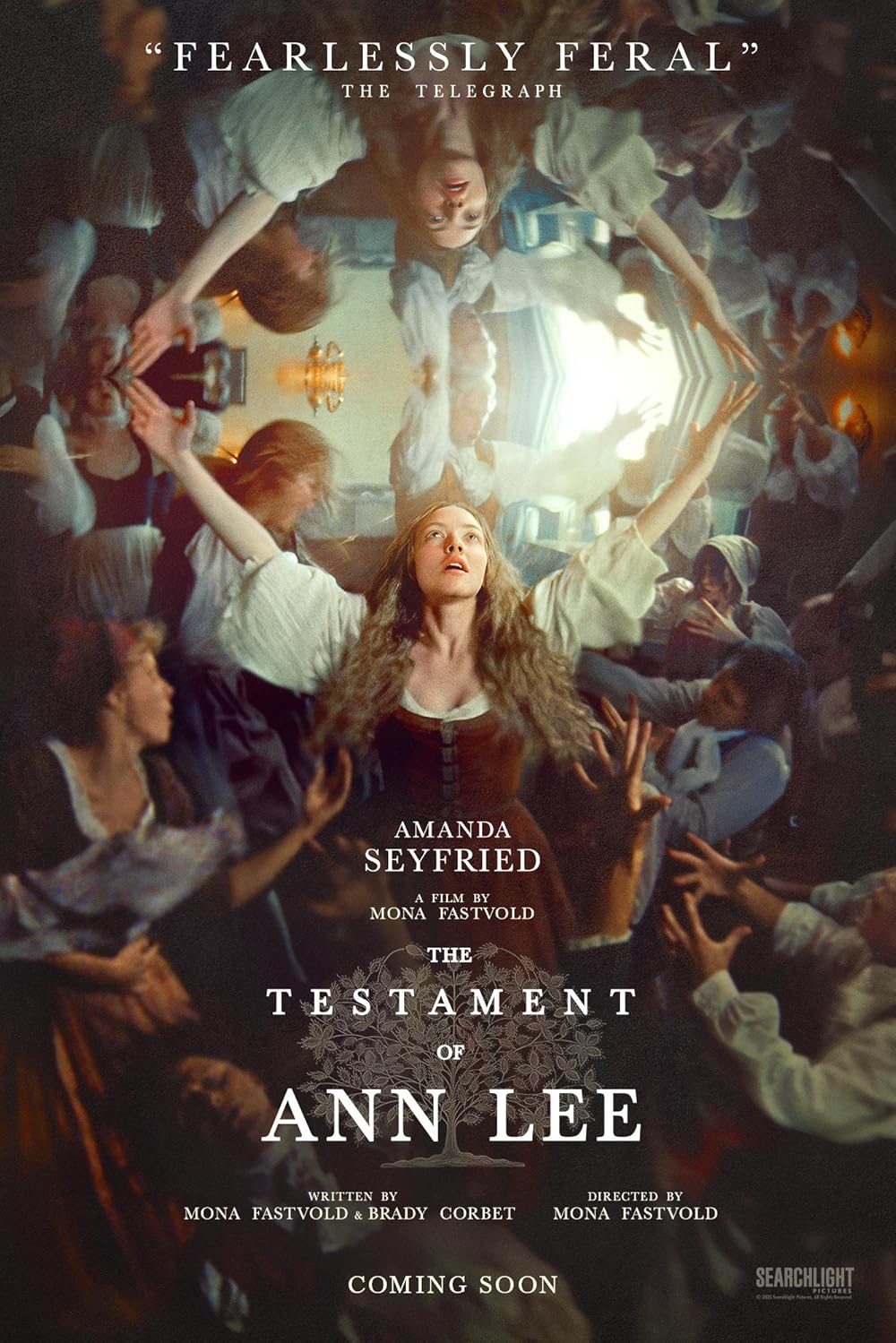 |
December 19, 2025
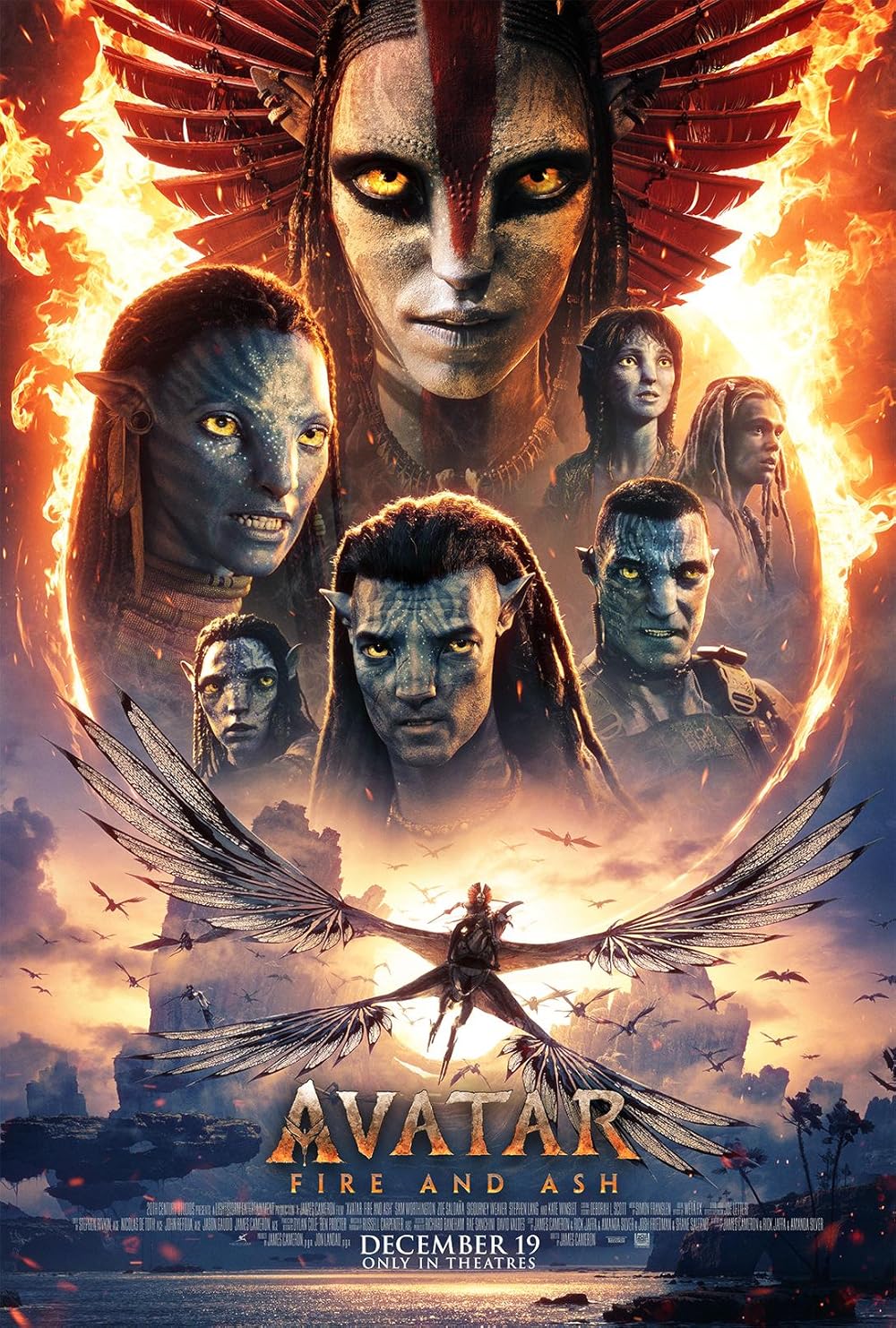

 |
December 12, 2025
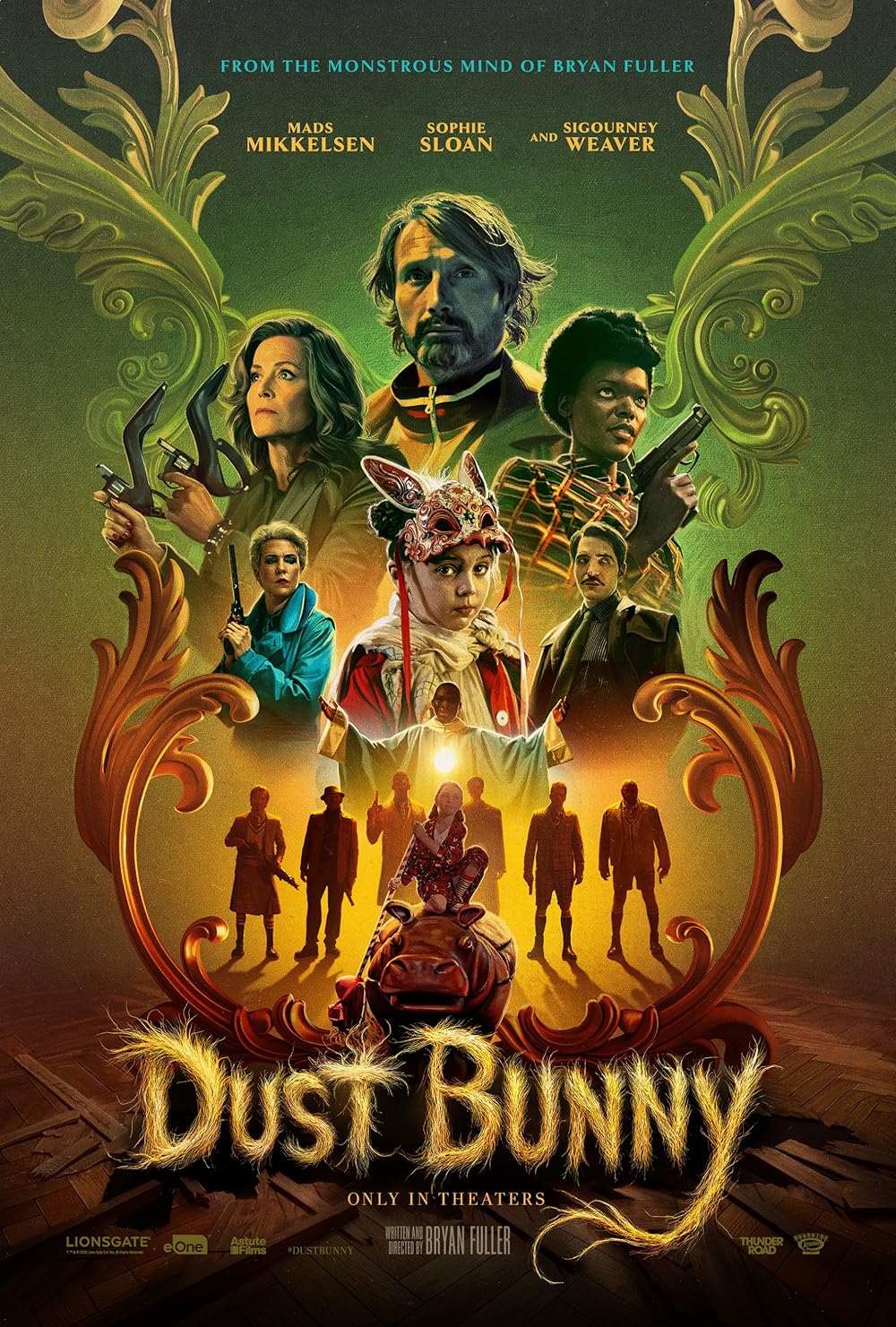
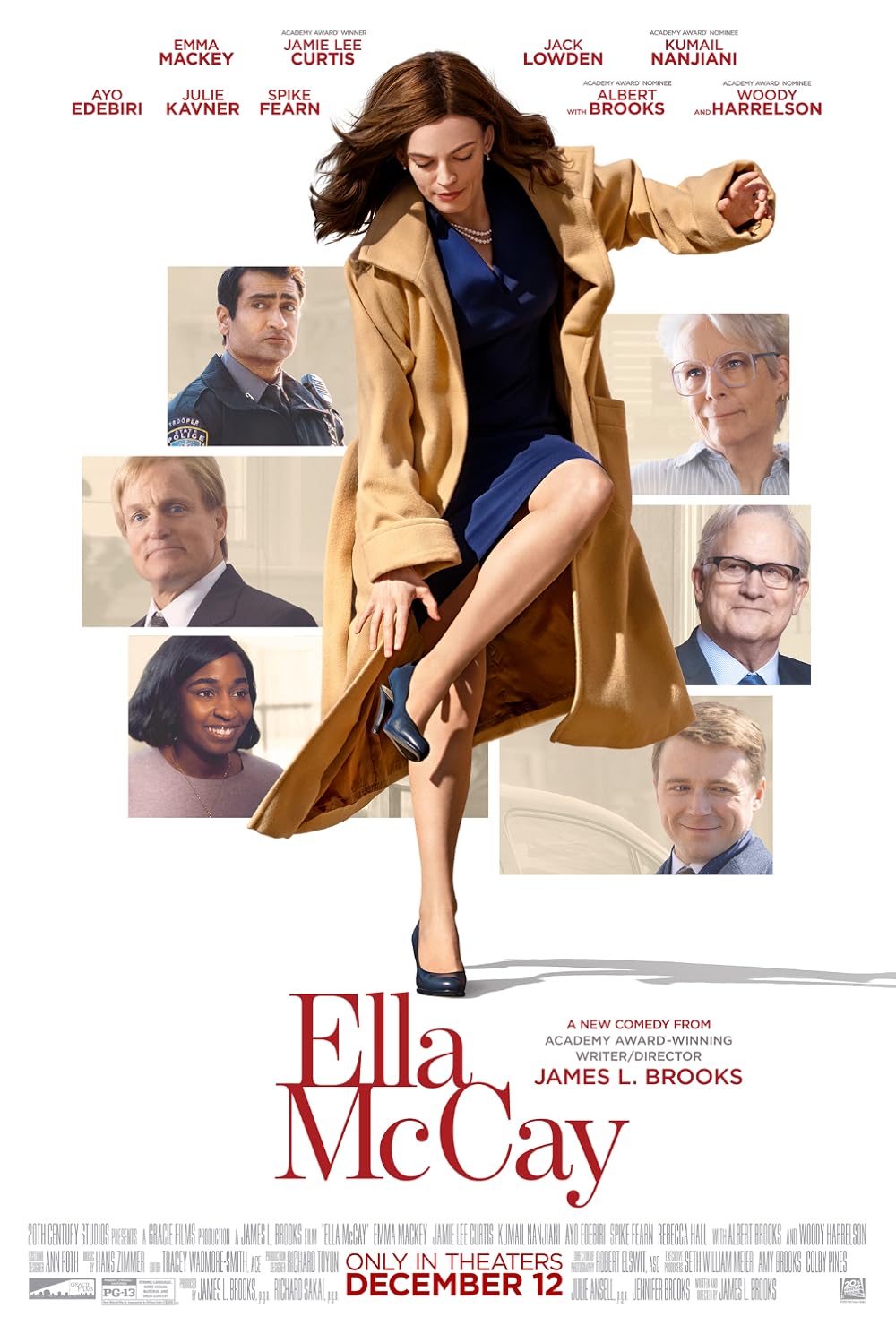
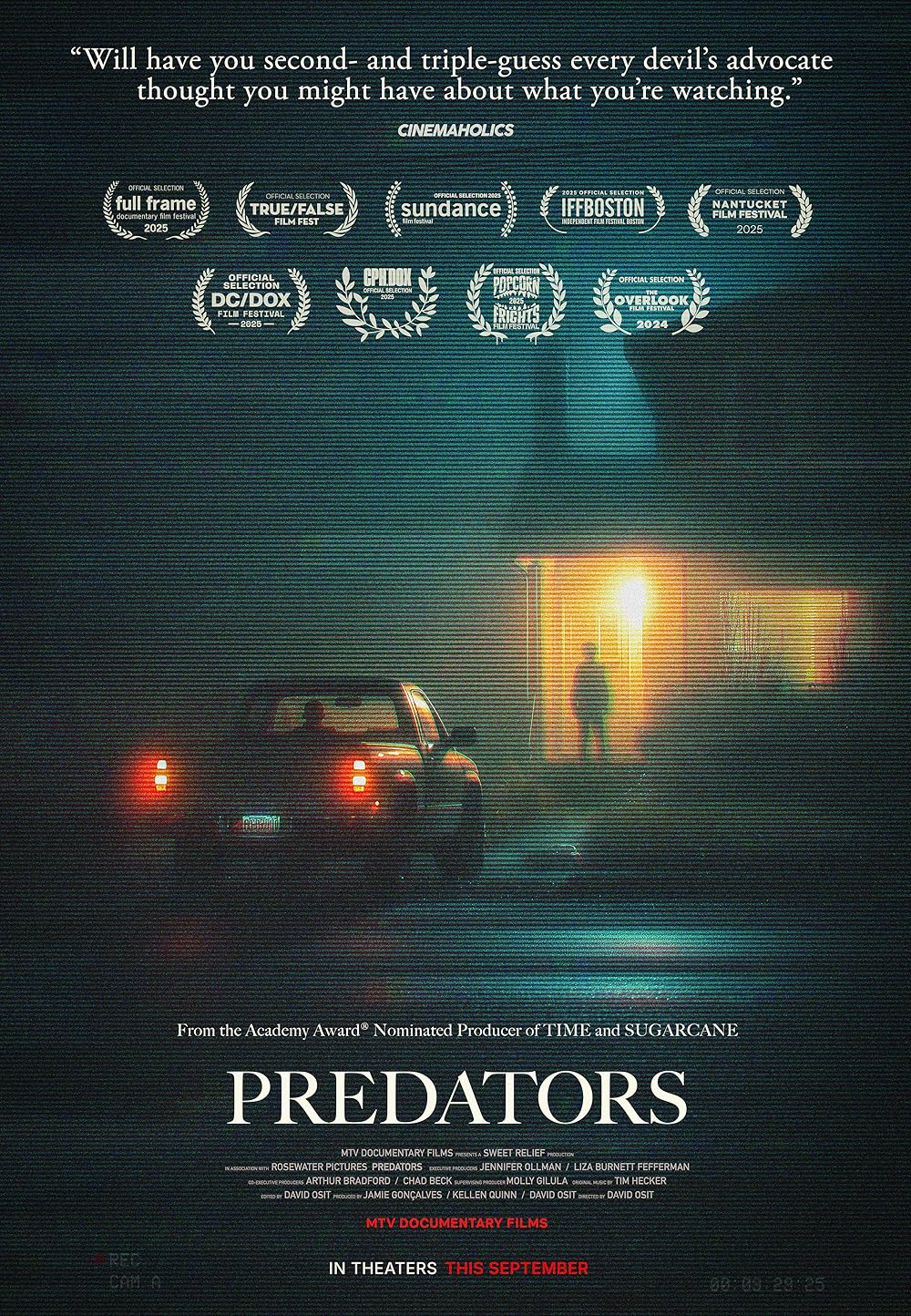
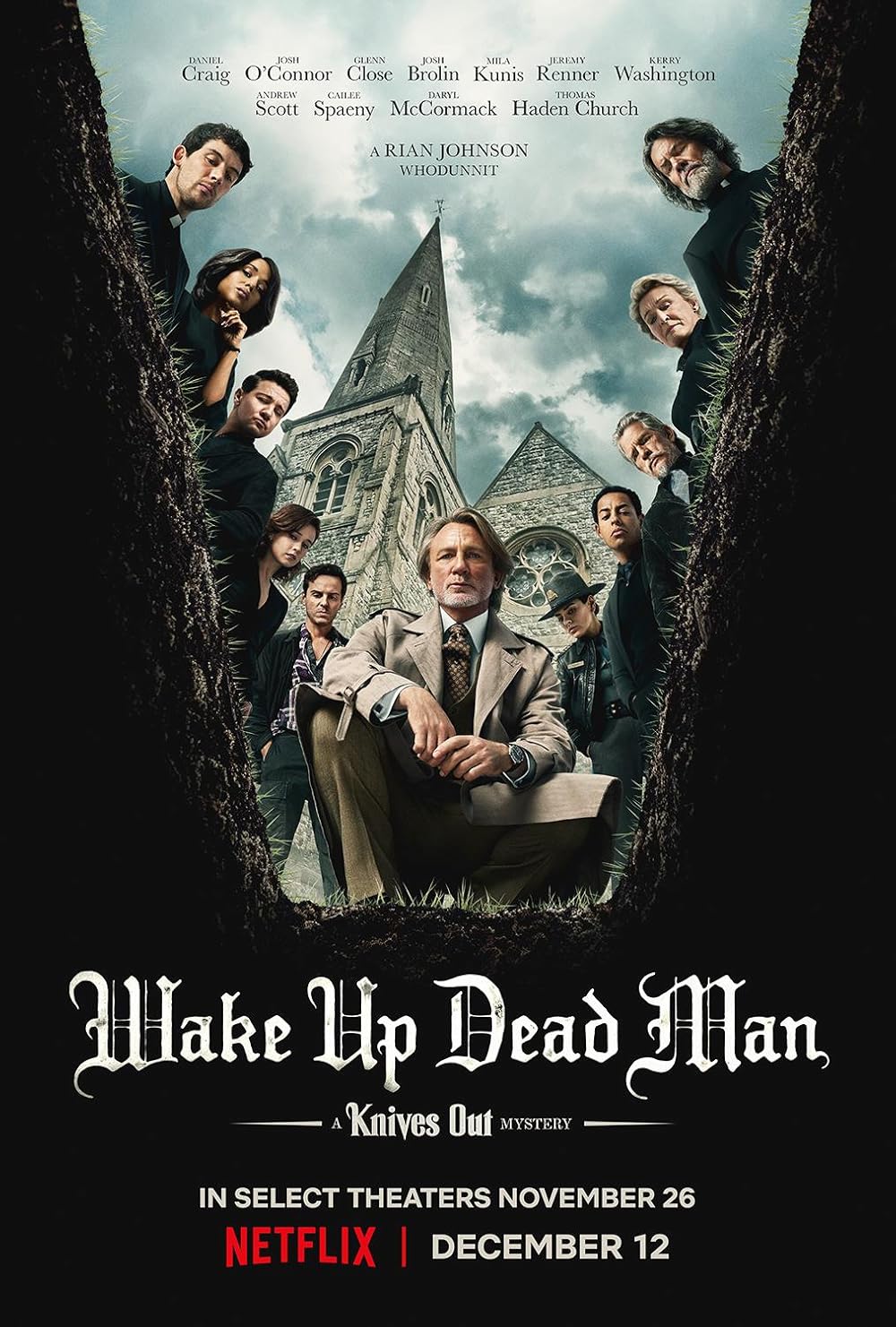 |
December 5, 2025
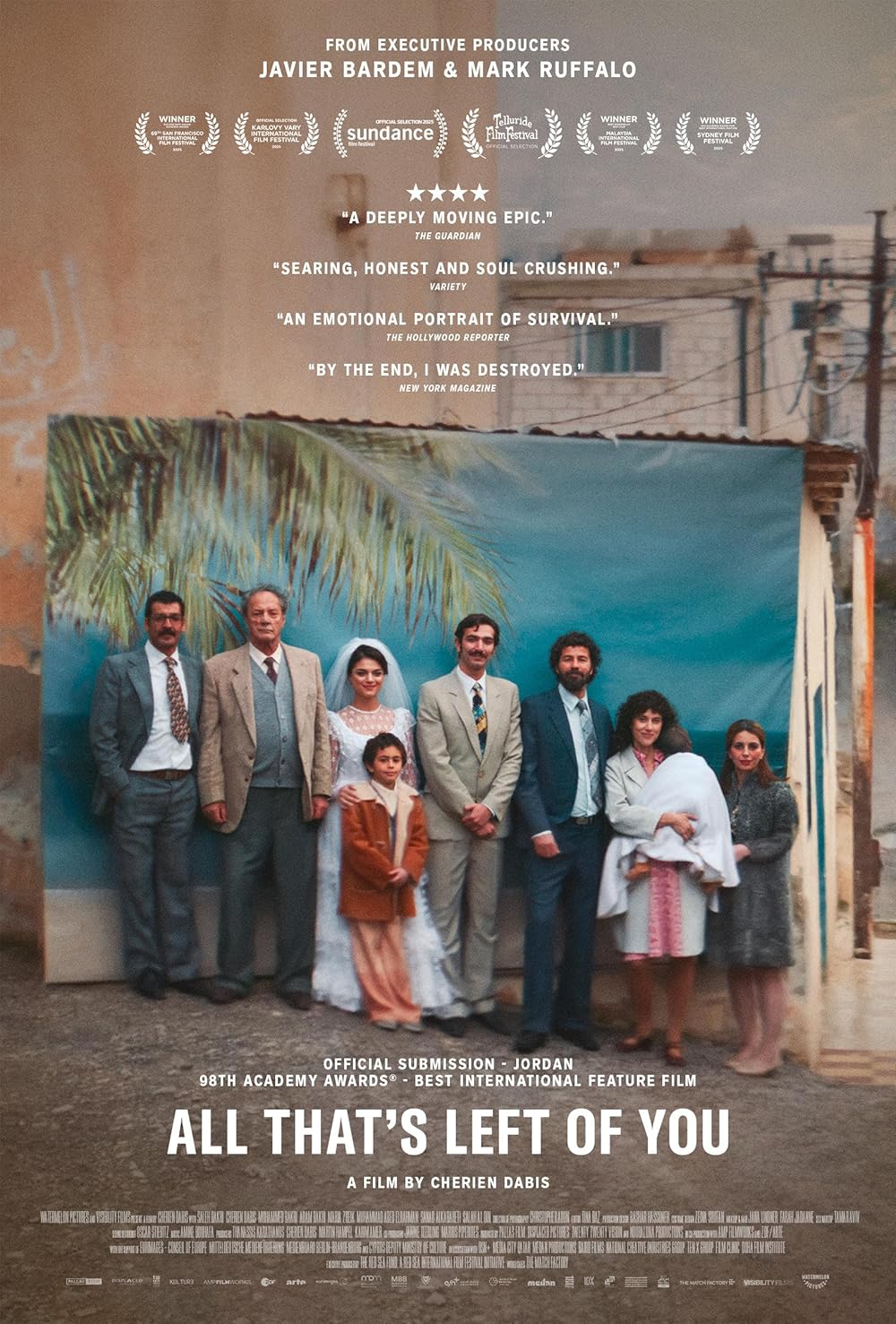

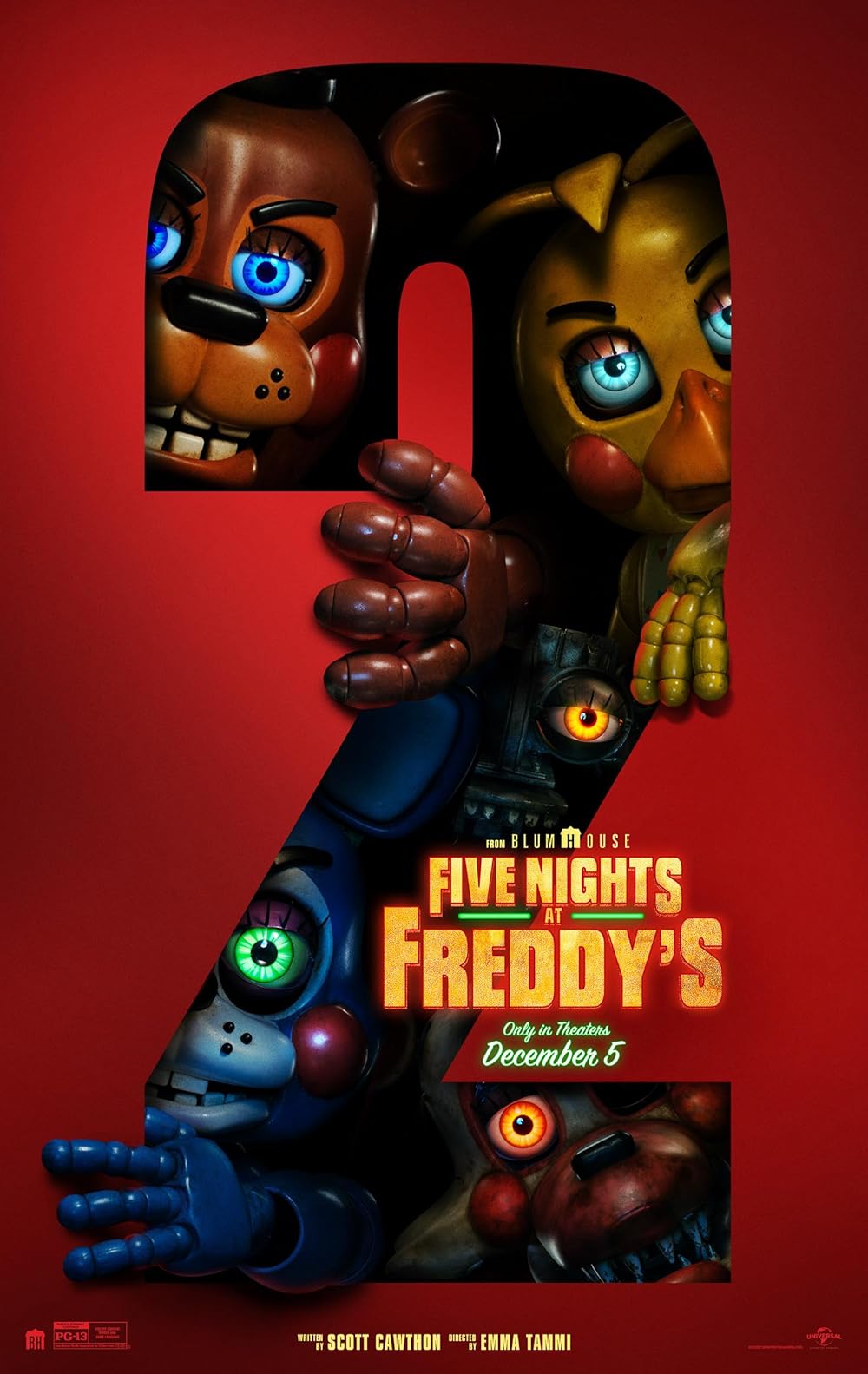
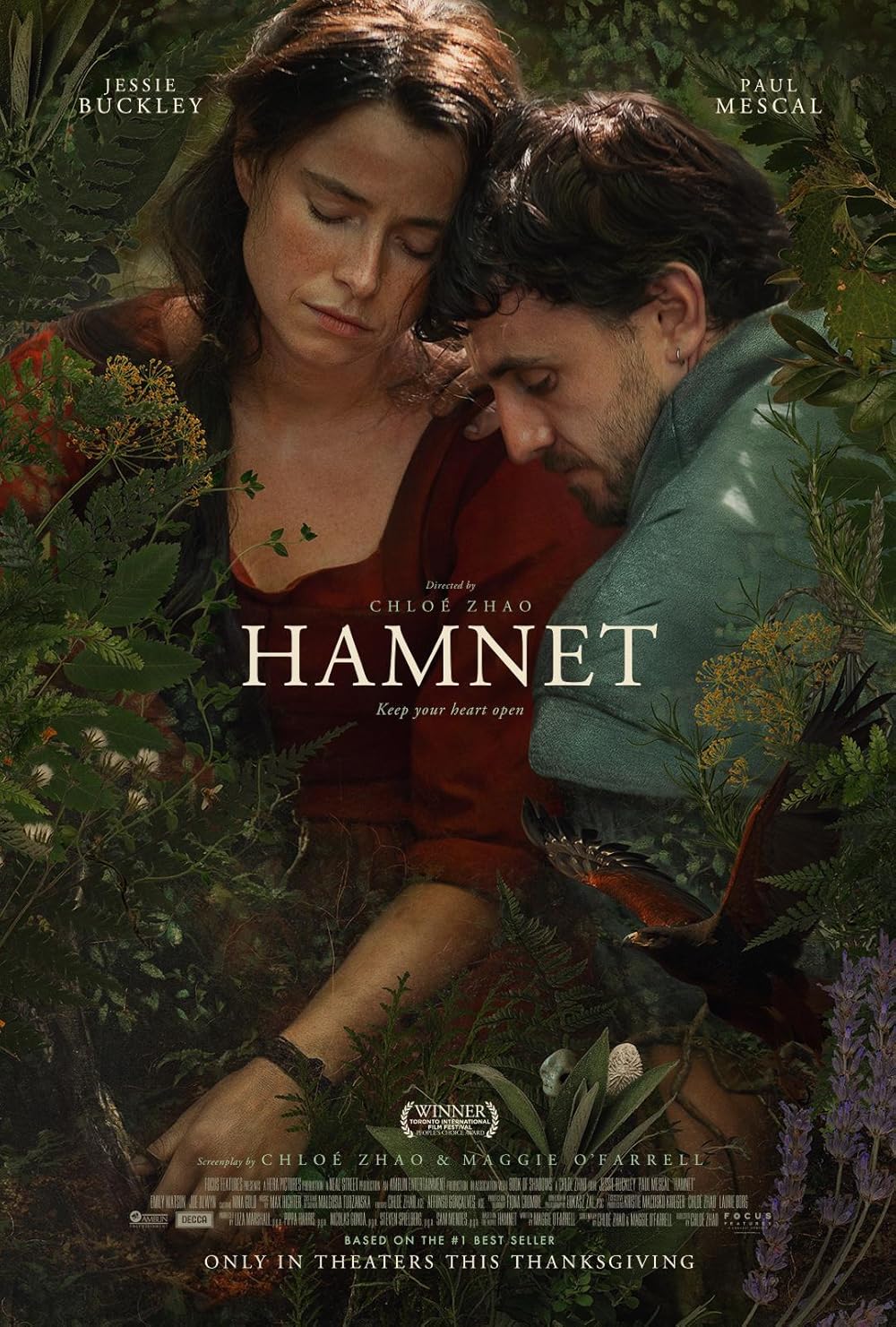
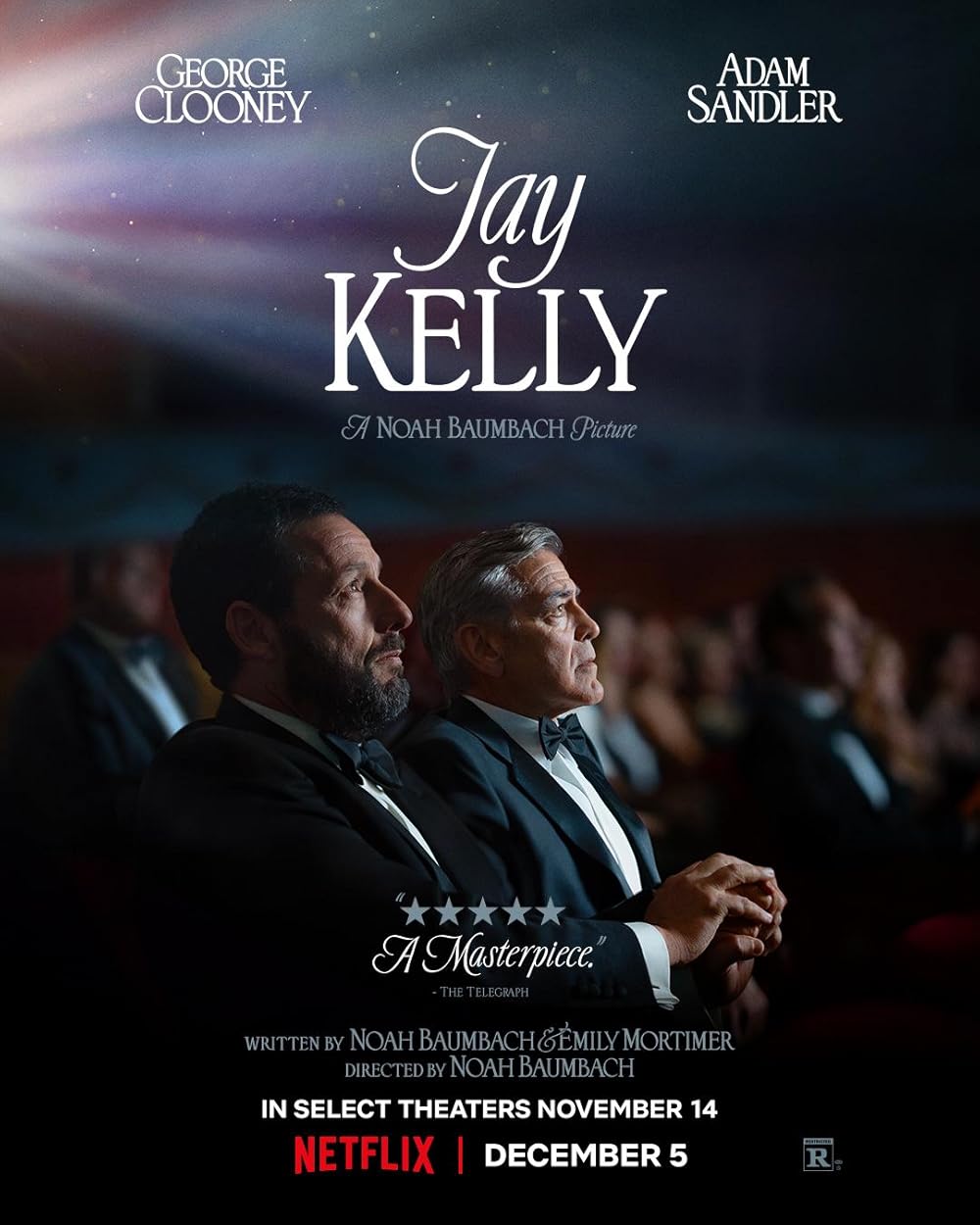

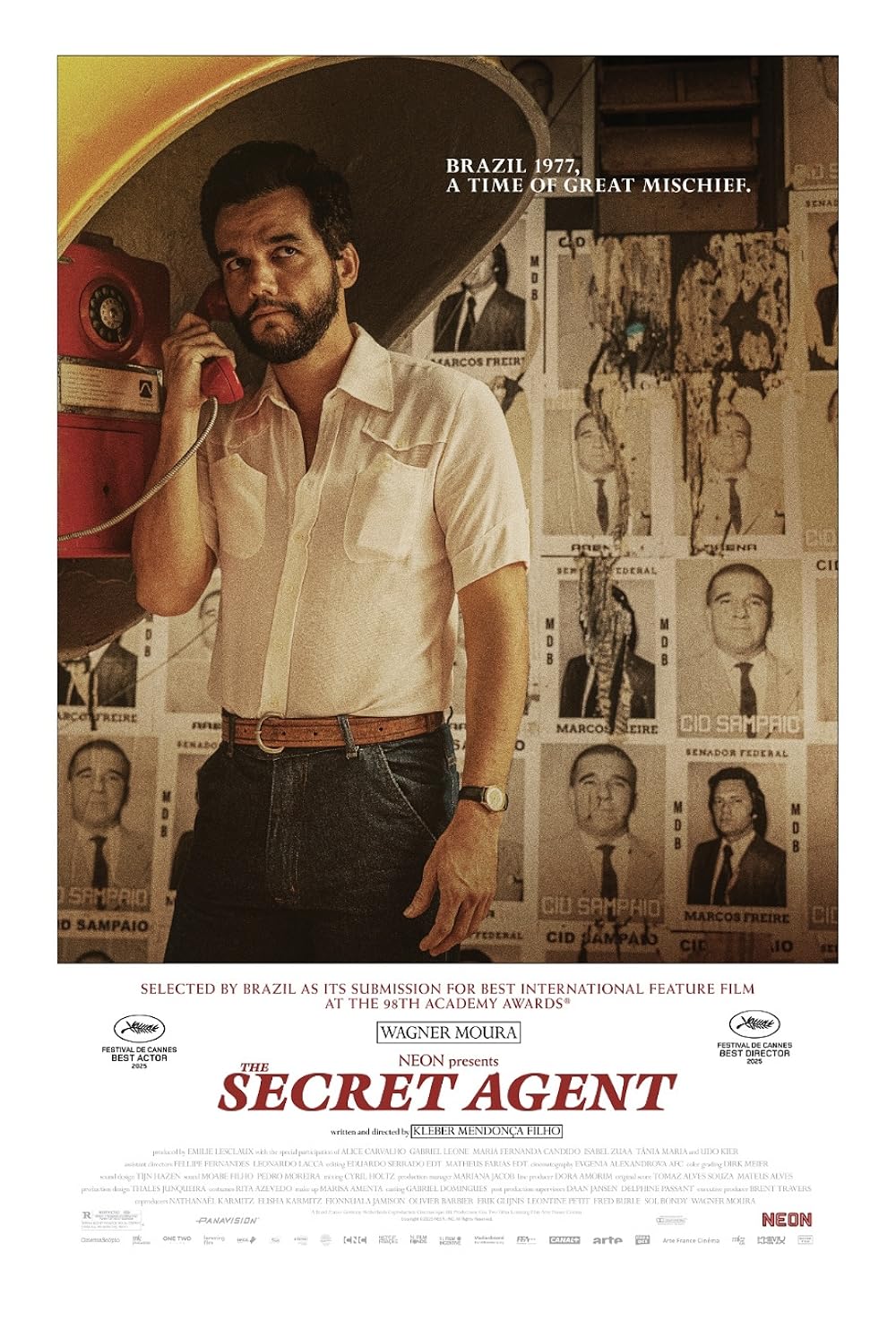 |
|
|
|
The Deer Hunter
(1978)
Directed by
Michael Cimino
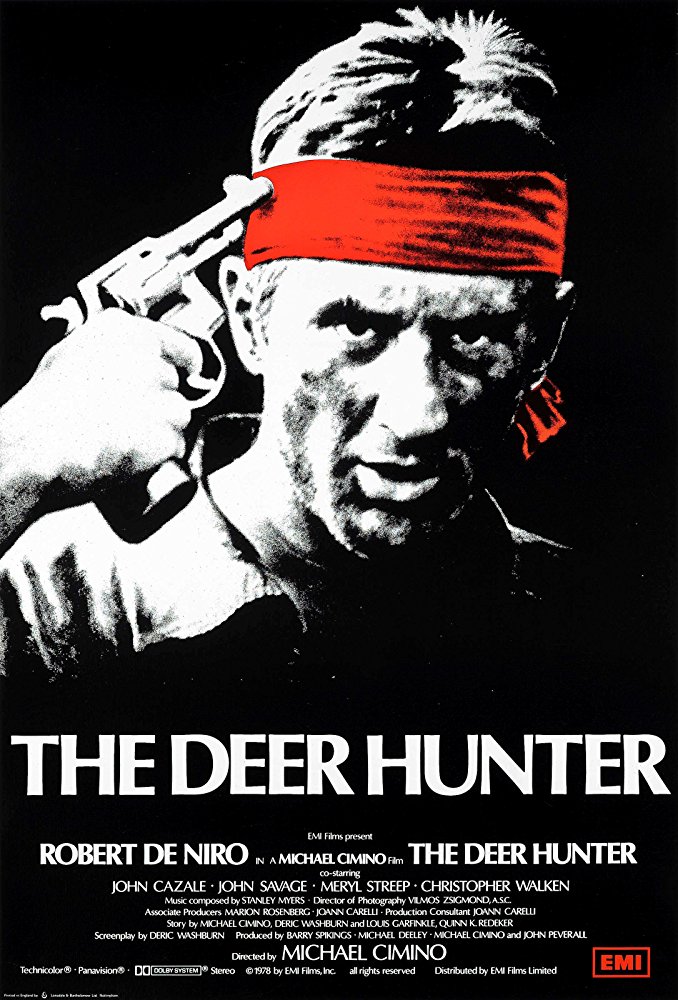
Review by
Zach Saltz
Calling
Michael Cimino’s
The Deer Hunter
(1978) a war movie would be a slight misnomer, since the key events
of the story occur off the battlefield, where the most powerful and
dangerous maneuvers are expressed not with artillery, but through
paralyzing silences and painful encounters.
It is
certainly one of the most realistic stories ever filmed about war and
its sobering effects.
Part
of its realism is its presentation of characters -- average,
hard-working coal miners from a small town in
Pennsylvania.
There is no real main character, but the audience probably
identifies most with the character of Mike Vronsky (Robert De Niro) who
appears to be the group’s unofficial leader.
He helplessly and silently pines for Linda (Meryl Streep), the
wife of his best buddy, Nick (Christopher Walken, in an Academy
Award-winning performance).
He, along with Nick and another buddy, Steven, have signed up for the
army.
They do not feel
strongly about politics or patriotism; they are hearty blue-collar boys
who work long hours in the mines and drink beer and go deer hunting on
the weekends.
There is no
need for writer-director Cimino to intricately draw out nuances in the
characters; they are universal -- caricatures, perhaps, of the way
“innocent” small-town America behaved
before the unforgiving realities of war and death would resonate in the
mid-1970s.
The movie is
divided into three parts: Before Vietnam, during Vietnam, and after
Vietnam.
The first portion
is the most meticulously established; the look and feel of the bravura
thirty-minute Russian wedding sequence avoids any maligned “ethnic
apathy” and feels astonishingly real -- this scene will become the
impetuous to tragic nostalgia entering the men’s minds, as they
helplessly yearn to return to that life while struggling to maintain
sanity in the midst of war.
The Vietnam scenes are positively
wrenching; there is an extended sequence when the soldiers must play
Russian Roulette with a revolver to determine whether they will live or
not.
The game becomes a
cruel central element of the story, symbolizing the fragile bond between
life and sudden death in a land of senseless warfare and killings.
And the final act is subtle and somber -- returning to a life
that will never again look the same, and attempting, with futility, to
fulfill the lost promises of the best of youth.
What is most
fascinating and significant about
The Deer Hunter, as it relates to the unit on sound, is how the
happy dancing and music of the wedding and loud explosions and gun
blasts of Vietnam are contrasted with the later excruciating silences
that separate Mike from his life before the war, after he returns home.
There is a scene shortly after he returns home where he stands
and contemplates in the dark of a hotel room while the camera silently
focuses on him, and this essentially sums up the impenetrable and morose
feelings of every veteran returning home for the first time (and also
shows the depths and raw emotion of De Niro’s masterful performance).
The agonizingly beautiful score, by Stanley Meyers, swells only
at moments where the characters (and the audience) yearn most to return
to the gay merriment of that Russian wedding that took place only 45
minutes earlier, but feels like many days and weeks ago.
And music especially plays an integral key in the film’s final
moments, where the characters find themselves singing a particular
well-known song that elicits more strong feelings in them certainly than
any time previously in their lives.
One question
that often pops into a viewer’s head while watching a war movie is
whether the film is pro-war or anti-war.
Truffaut famously wrote that it was impossible to make an
anti-war film, since any war film, no matter what its message, was sure
to be exhilarating, caught up in the spectacle of gunfire and explosions
and heroics.
But with films
like
The Deer Hunter, war is
never glamorized but shown as a senseless, purposeless exercise in
suffering and heartbreak.
What is the point of it then?
Is there ever meaning or fulfilling in killing something for any
sort of artificial “greater good”?
When, at the end of this great and powerful film, Mike points his
gun at a deer on his last hunting trip and spares its precious life, the
viewer knows immediately that this is exactly what he’s thinking.
Rating:

|
|
New
Reviews |
Reactions to the Nominations

Written Article - Todd |
2026 Oscar Predictions: Final

Written Article - Todd |
Todd Most Anticipated #5

Podcast Featured Review |

Podcast Review - Todd |

Podcast Review - Terry |

Podcast Review - Zach |
10th Anniversary
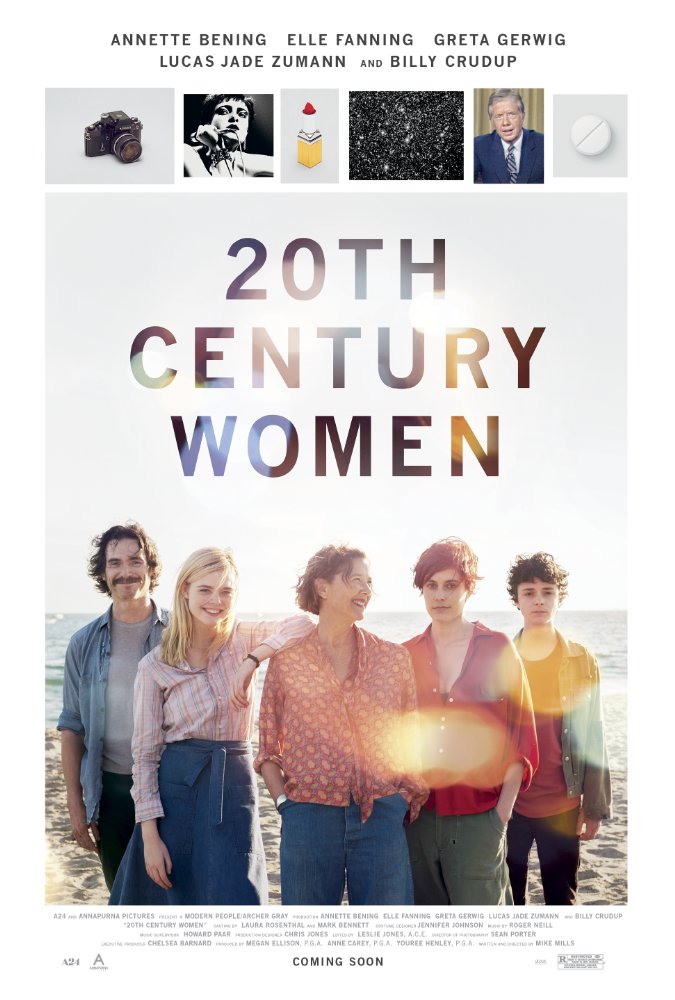
Podcast Oscar Review - Terry |
Director Blindspot Watch
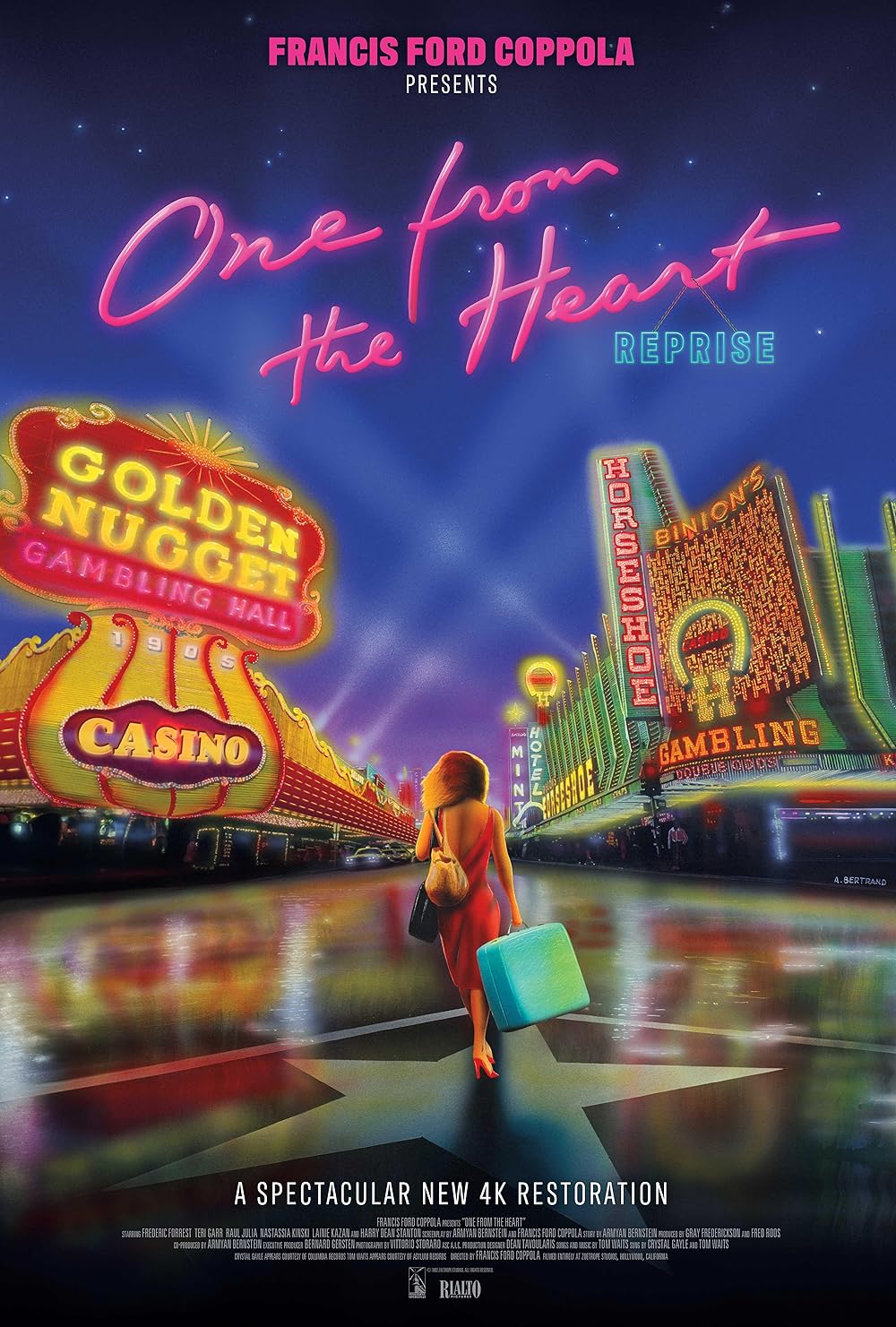
Podcast Review - Todd |
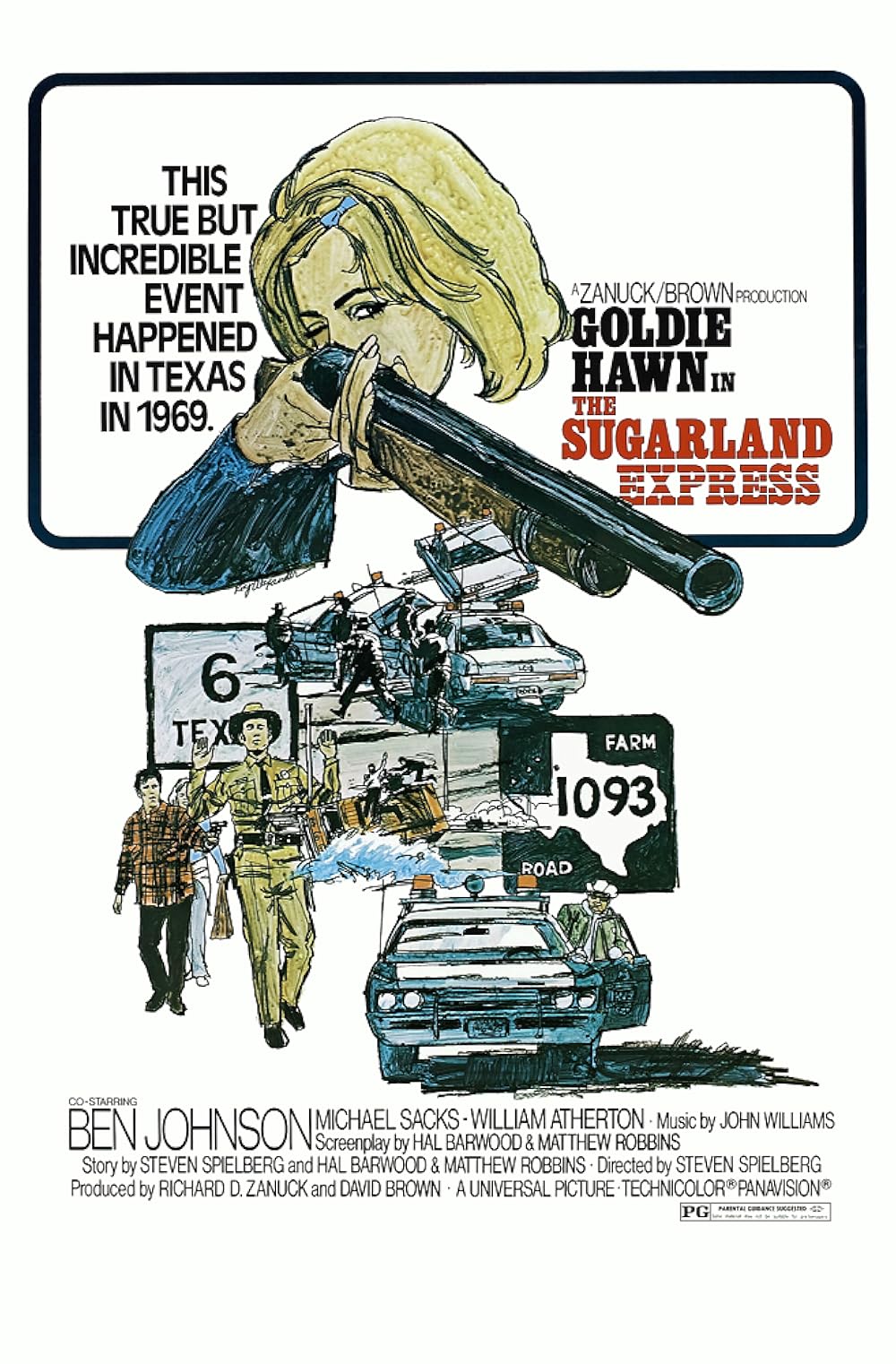
Podcast Review - Zach |
Ford Explorer Watch
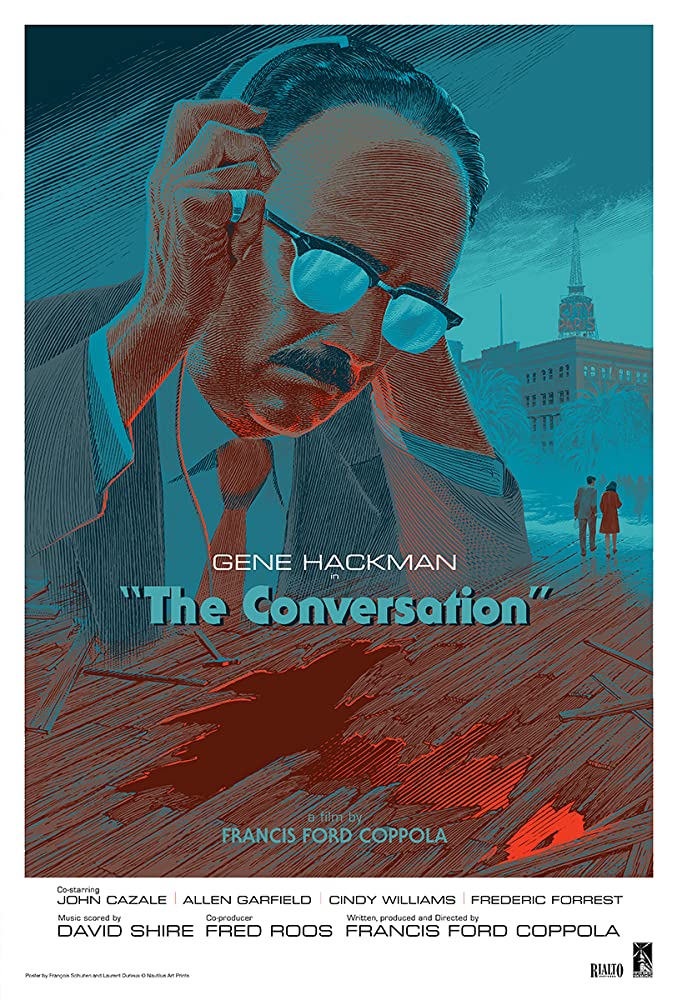
Podcast Review - Adam |
2027 Oscar Predictions: Jan.

Written Article - Todd |
Terry Most Anticipated #2

Podcast Featured Review |

Podcast Review - Terry |

Podcast Review - Zach |
20th Anniversary
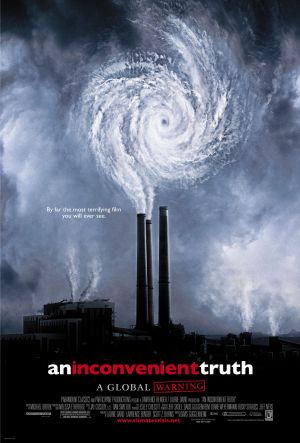
Podcast Oscar Review - Terry |
Ford Explorer Watch
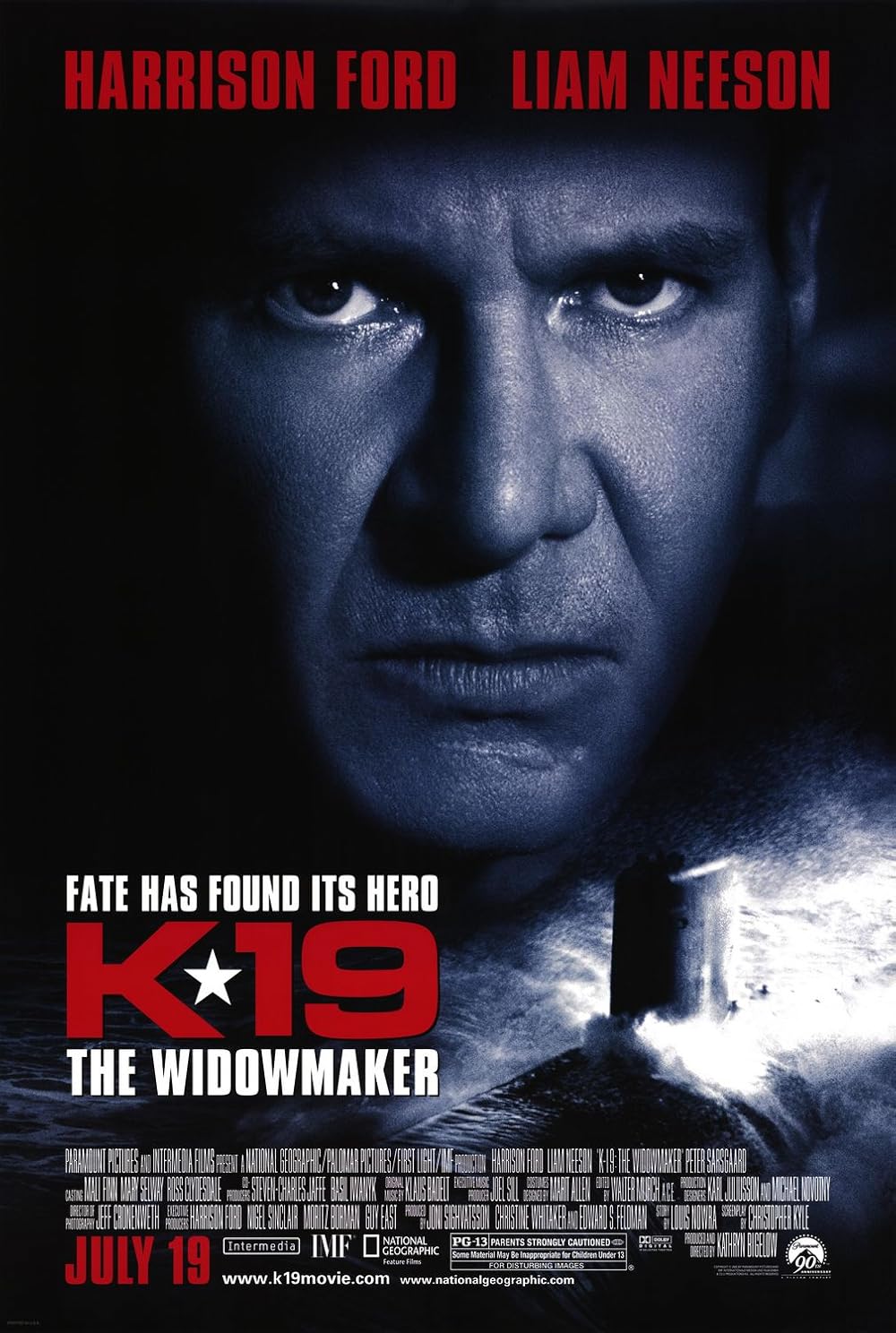
Podcast Review - Adam |
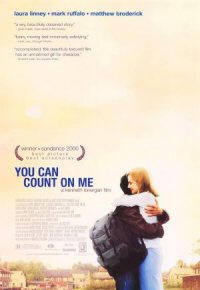
Podcast Trivia Review - Adam |
Director Blindspot Watch
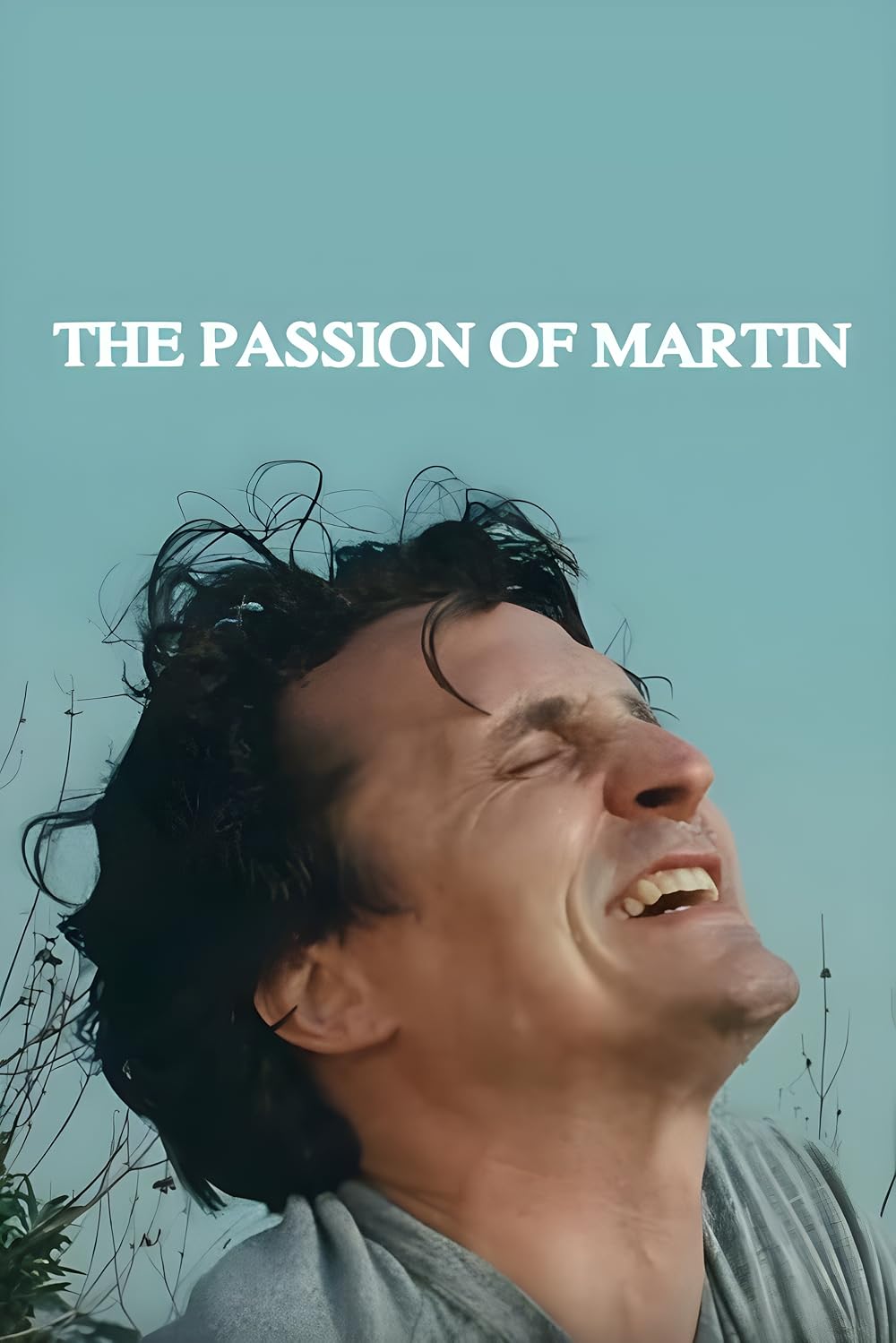
Podcast Review - Todd |
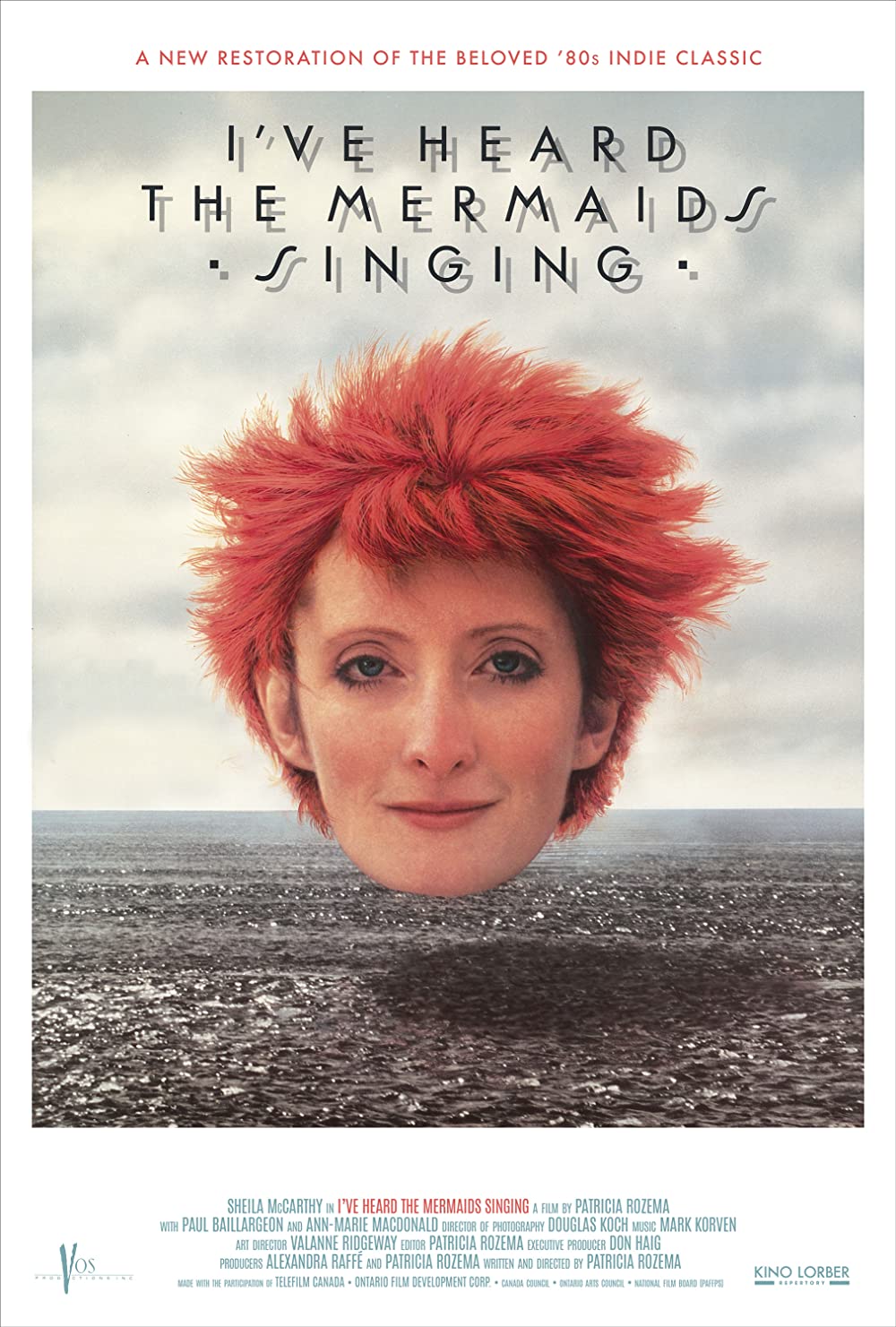
Podcast Trivia Review - Todd |
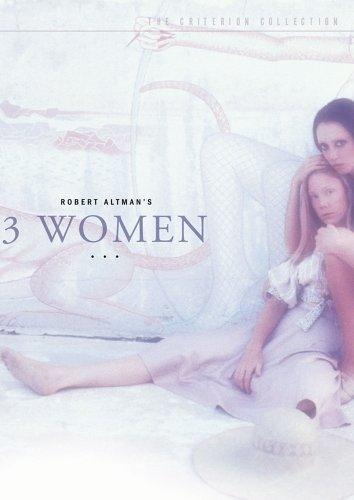
Podcast Trivia Review - Terry |
25th Anniversary

PODCAST DEEP DIVE |

Podcast Featured Review |

Podcast Review - Adam |

Podcast Review - Terry |

Podcast Review - Terry |
Indie Screener Watch
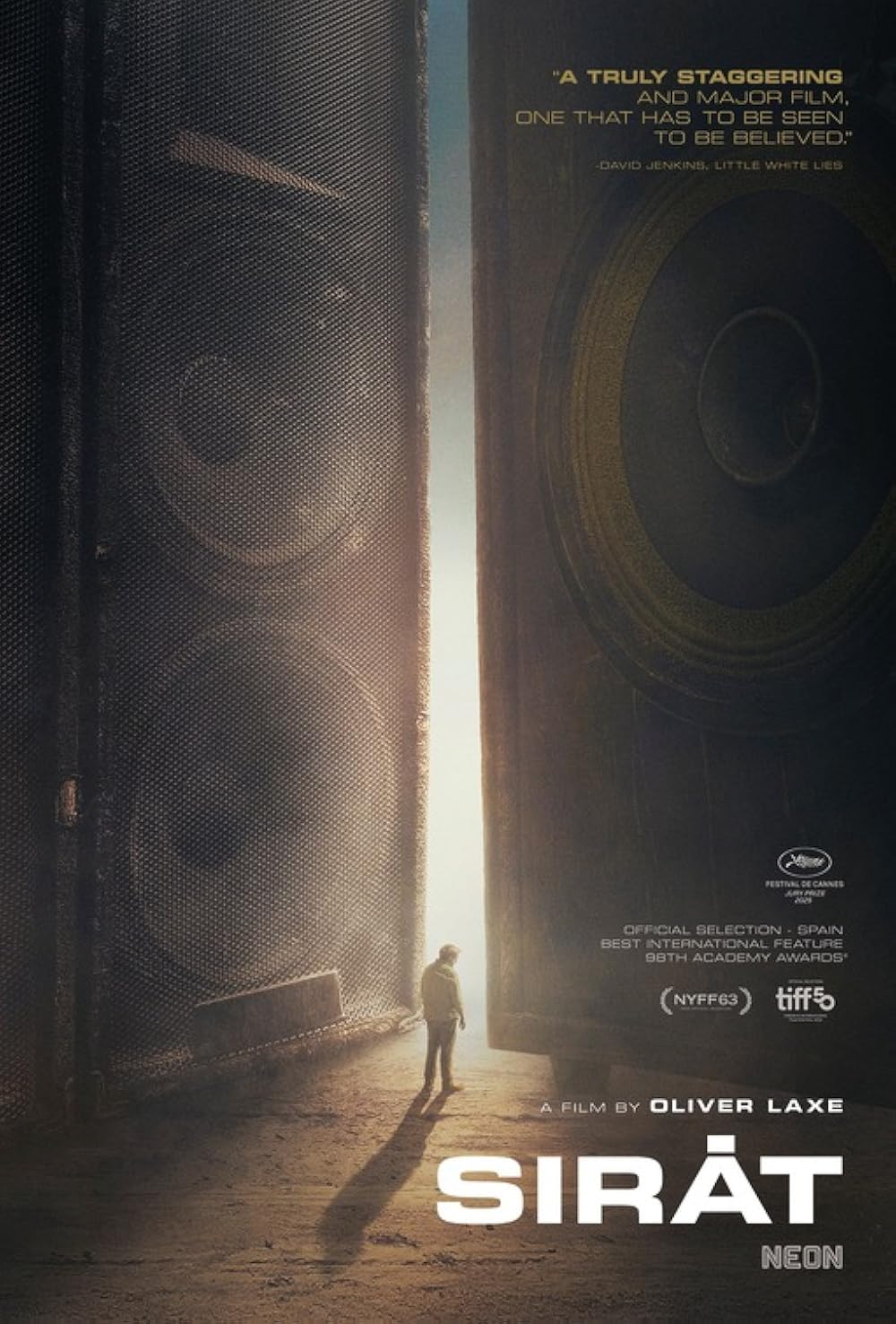
Podcast Review - Todd |
|
|
|